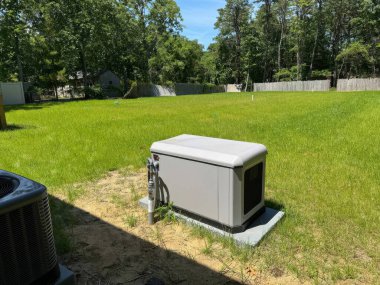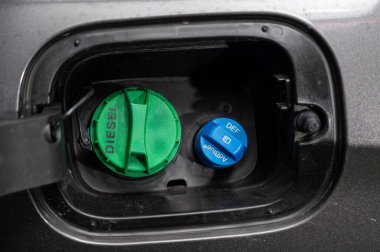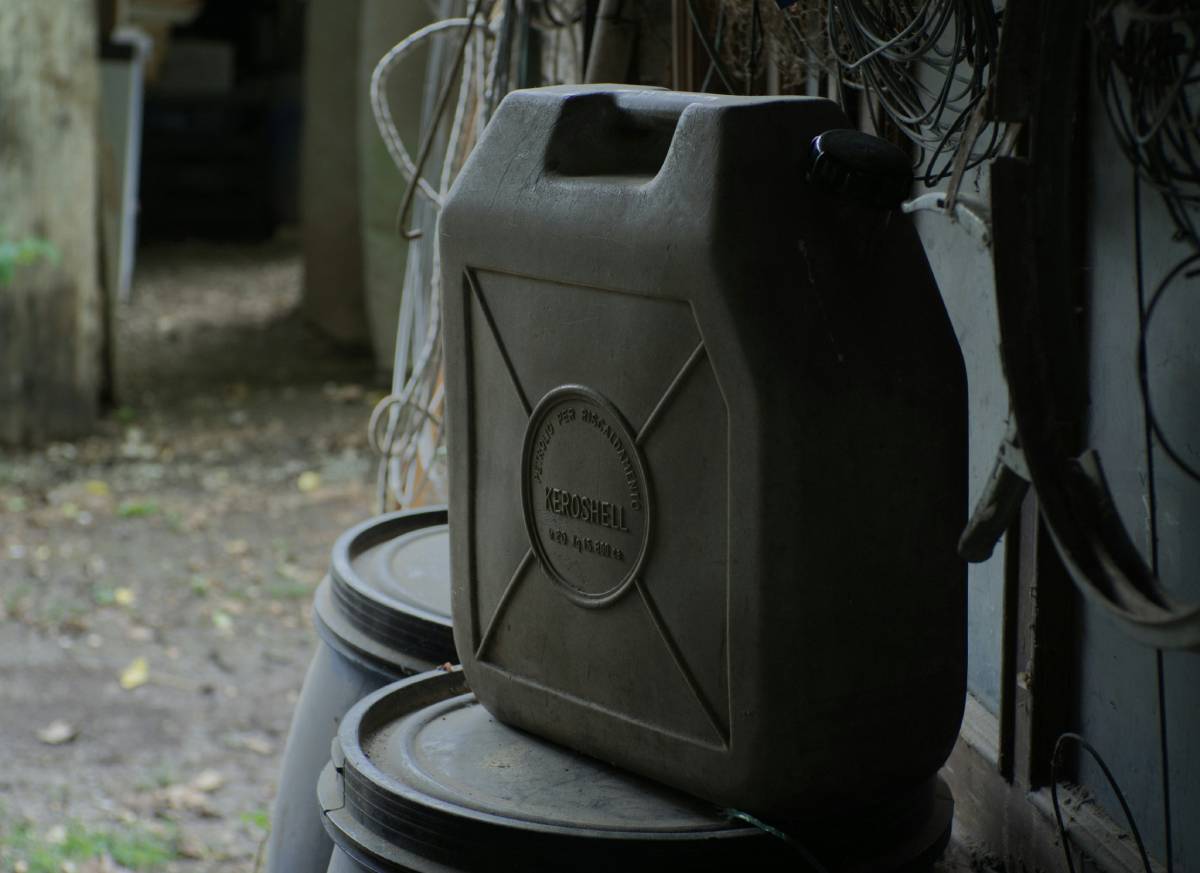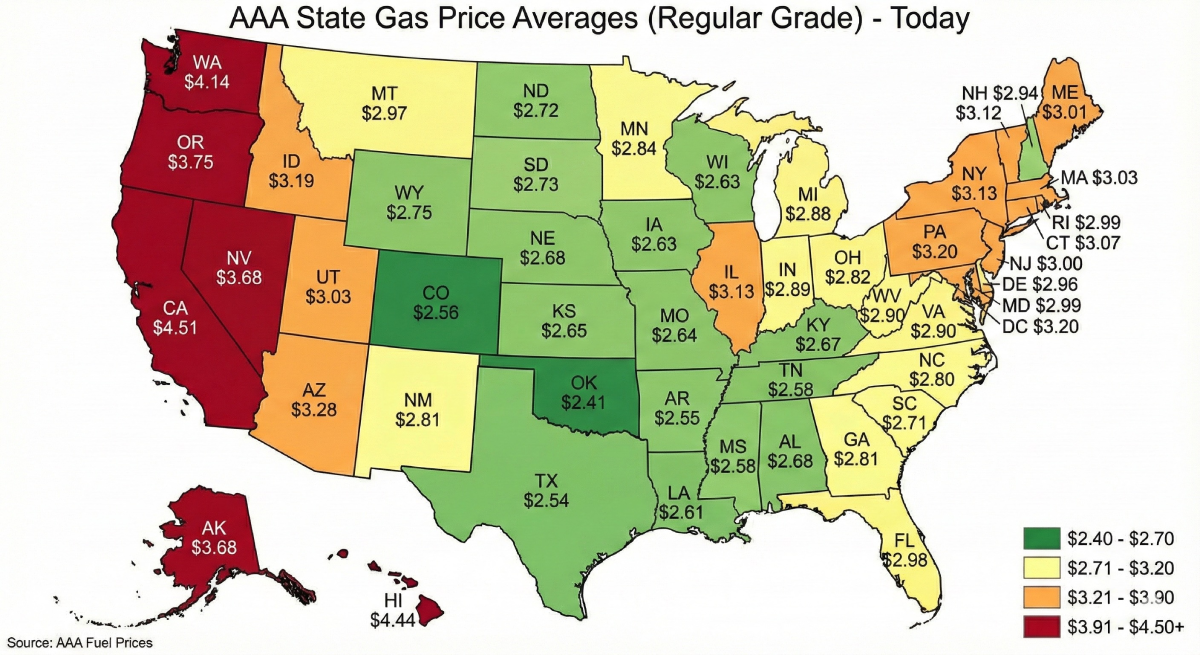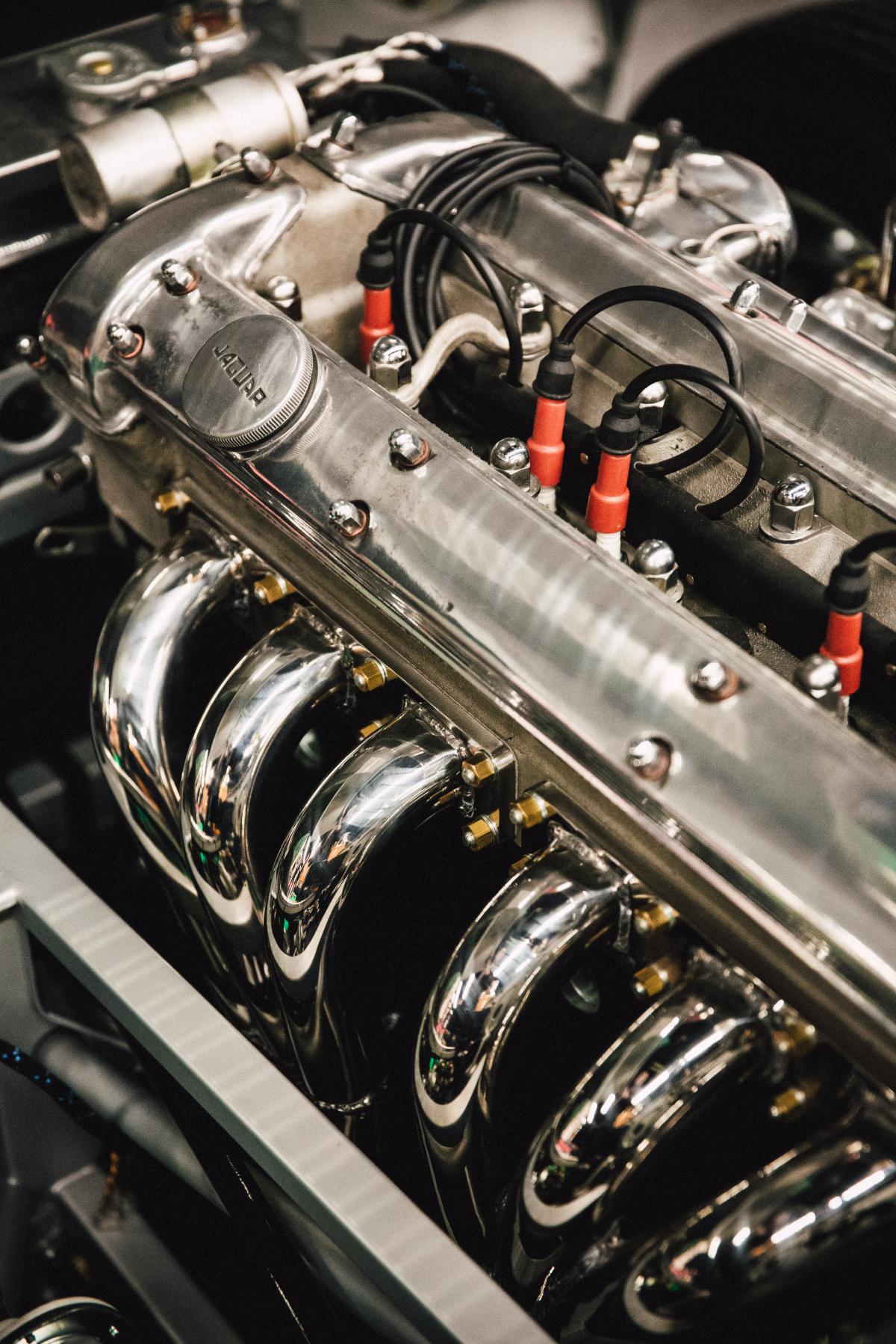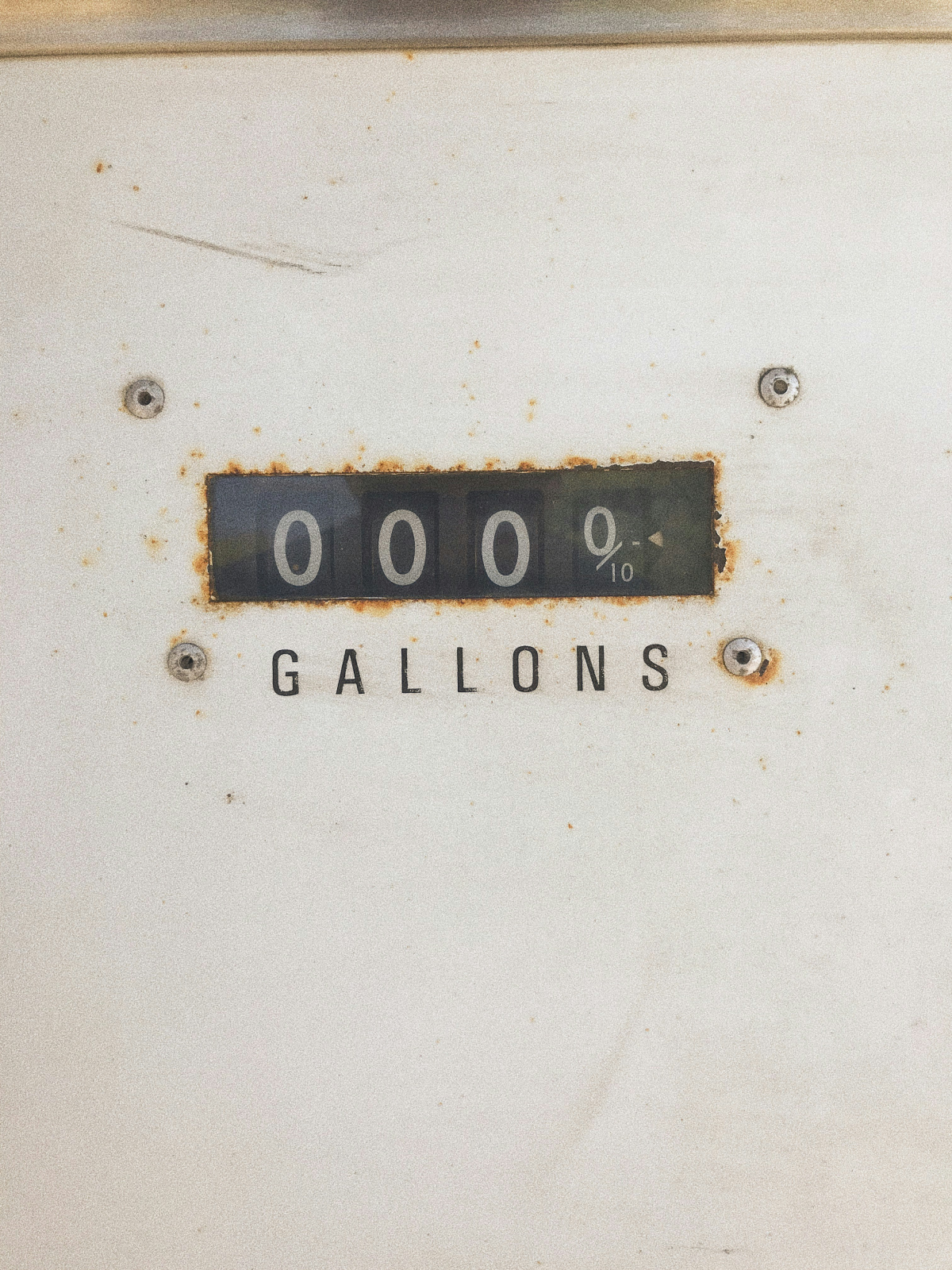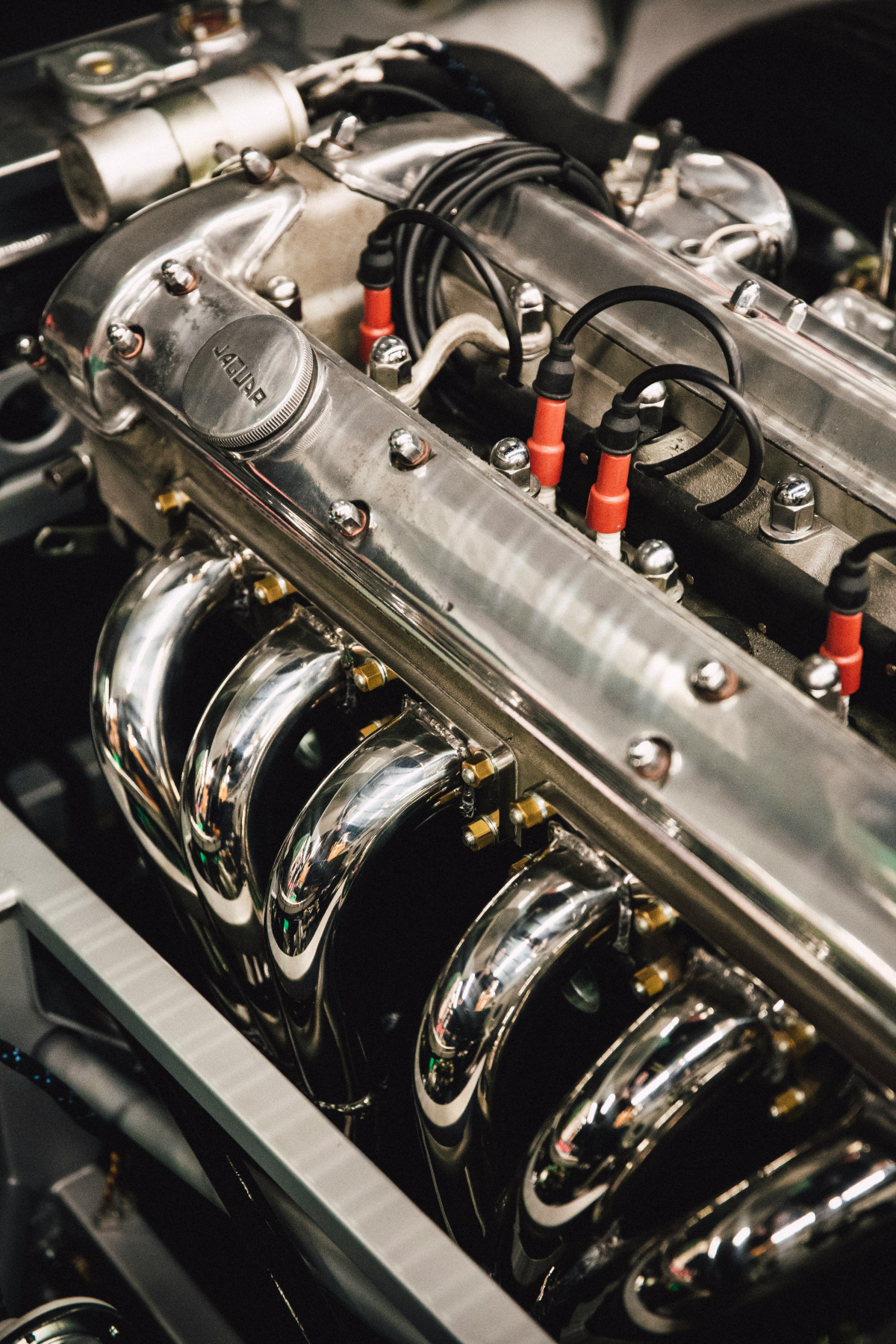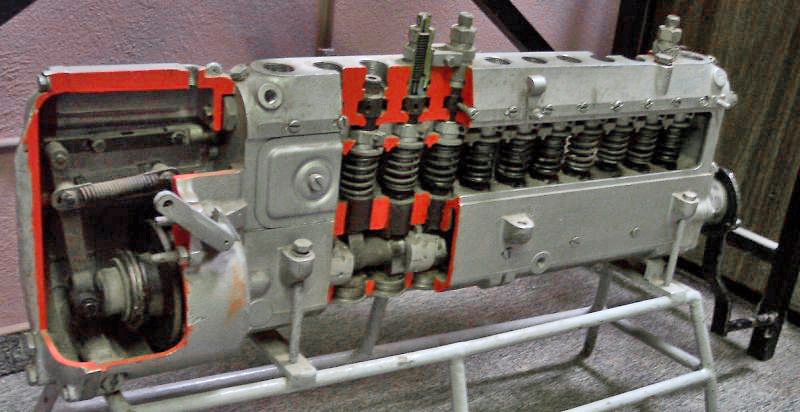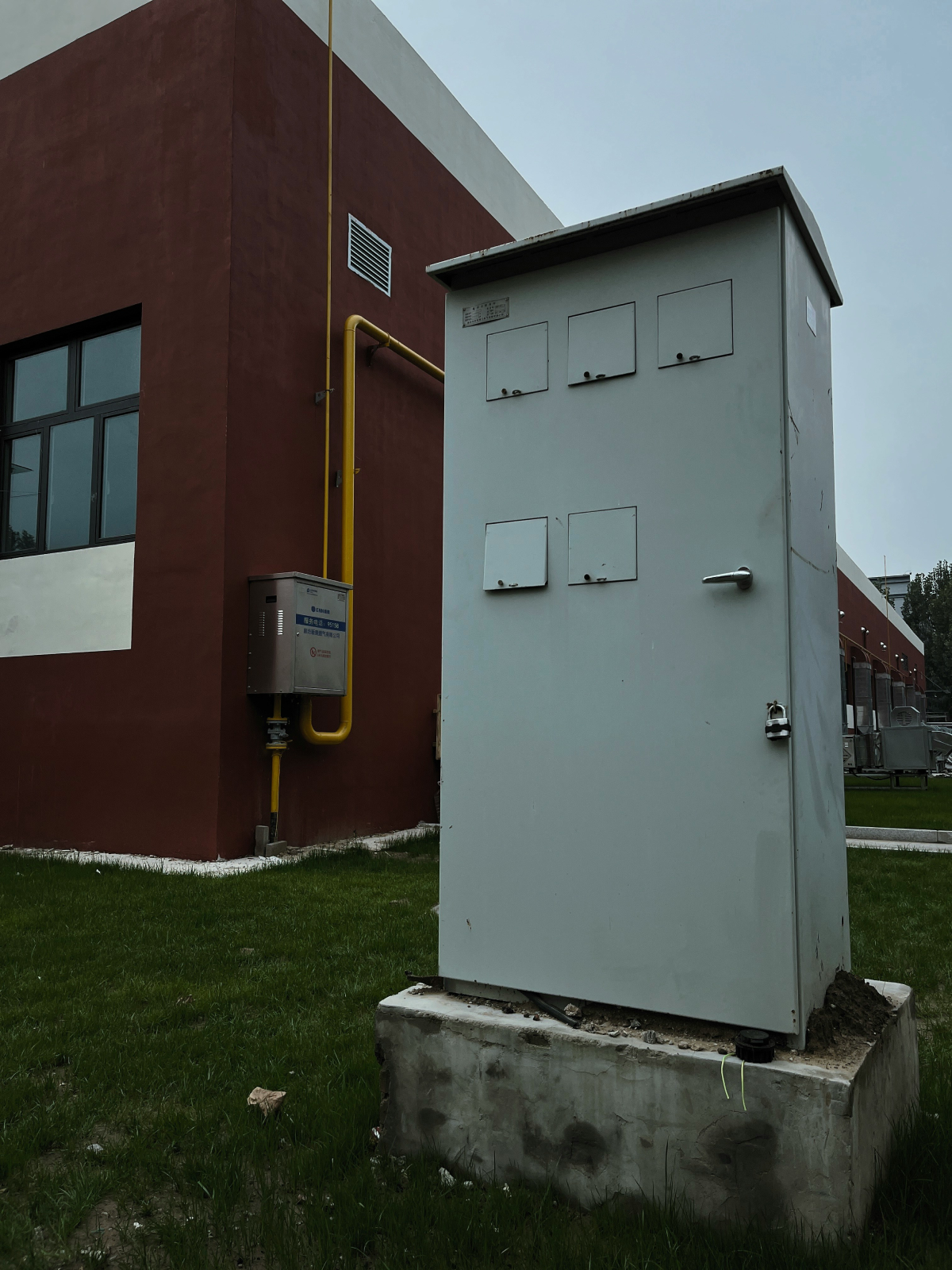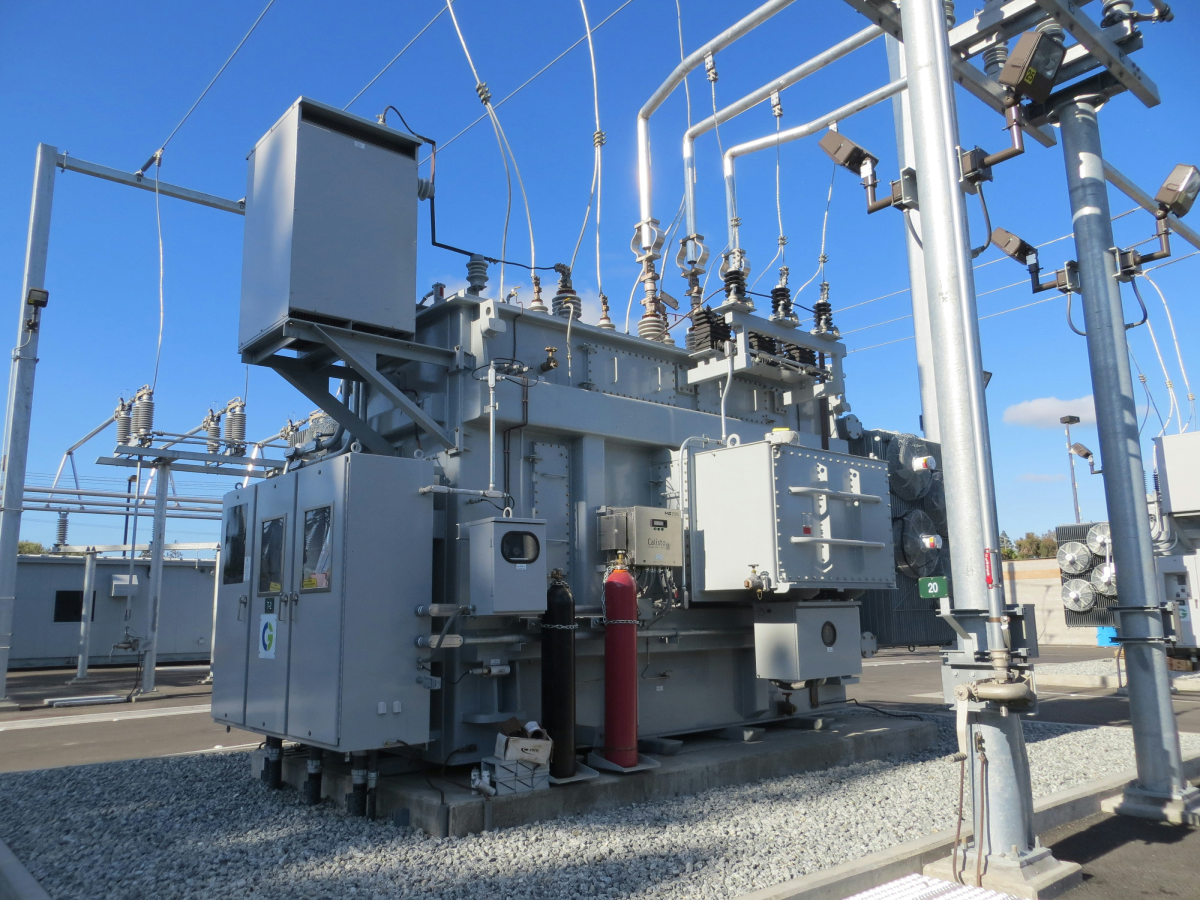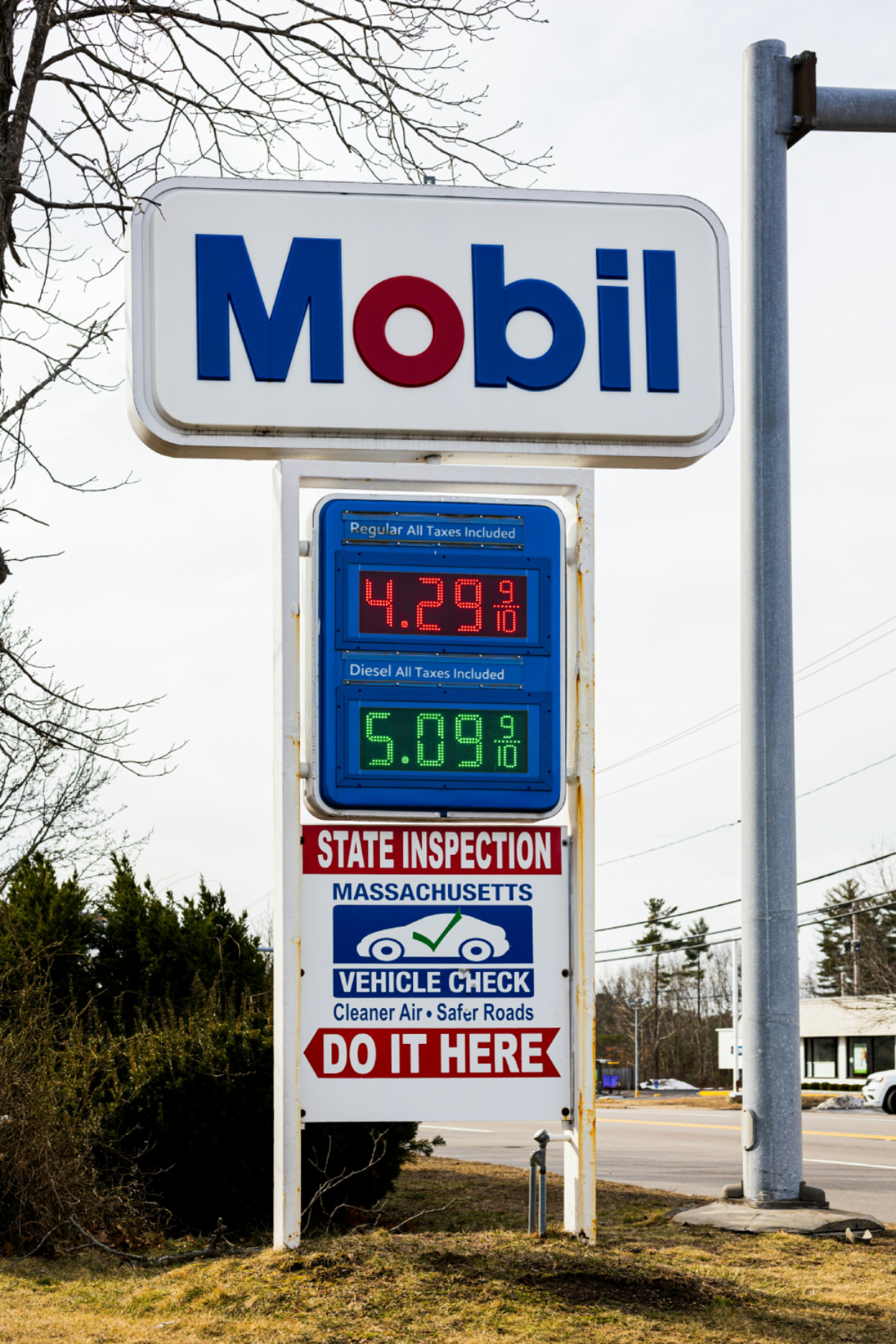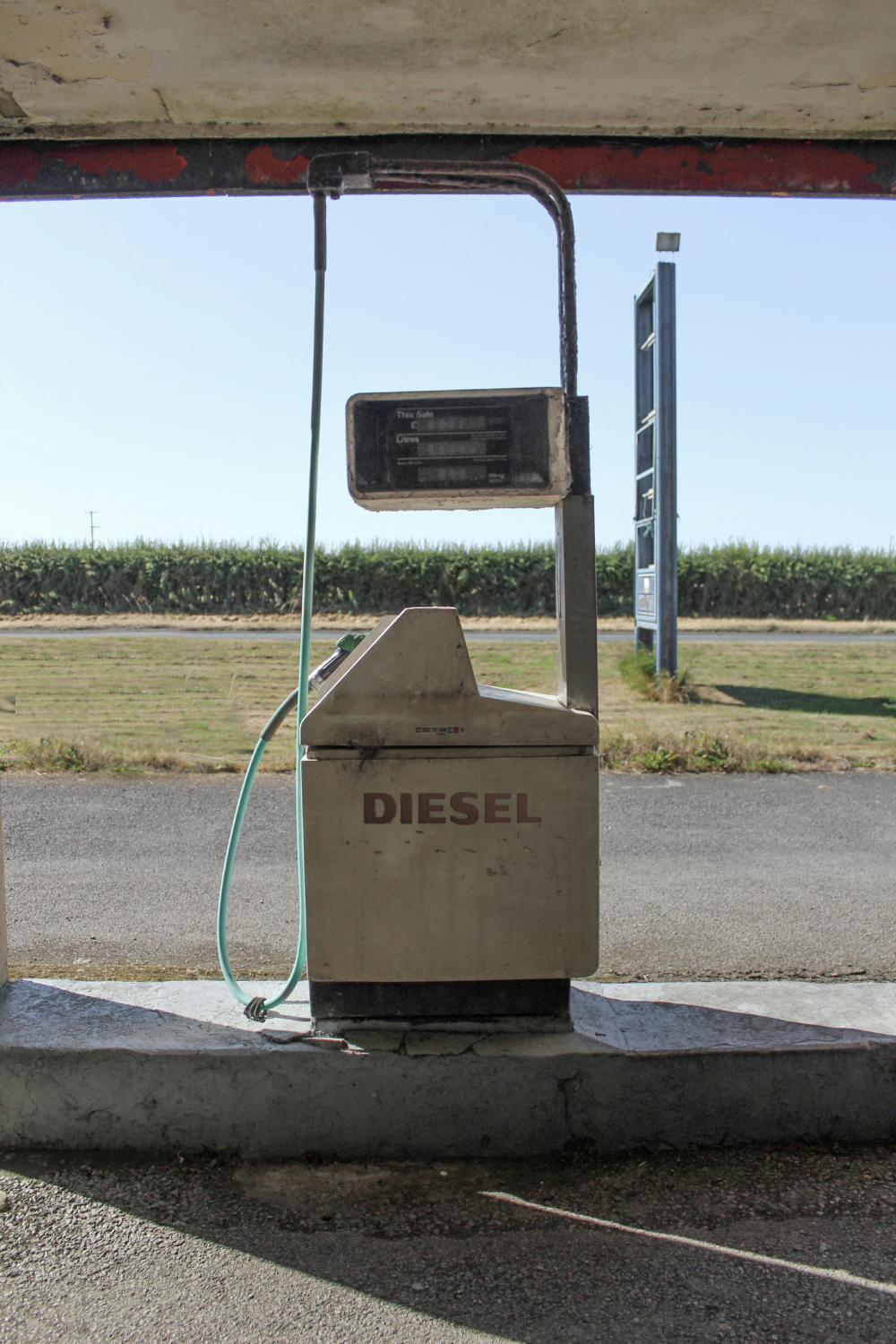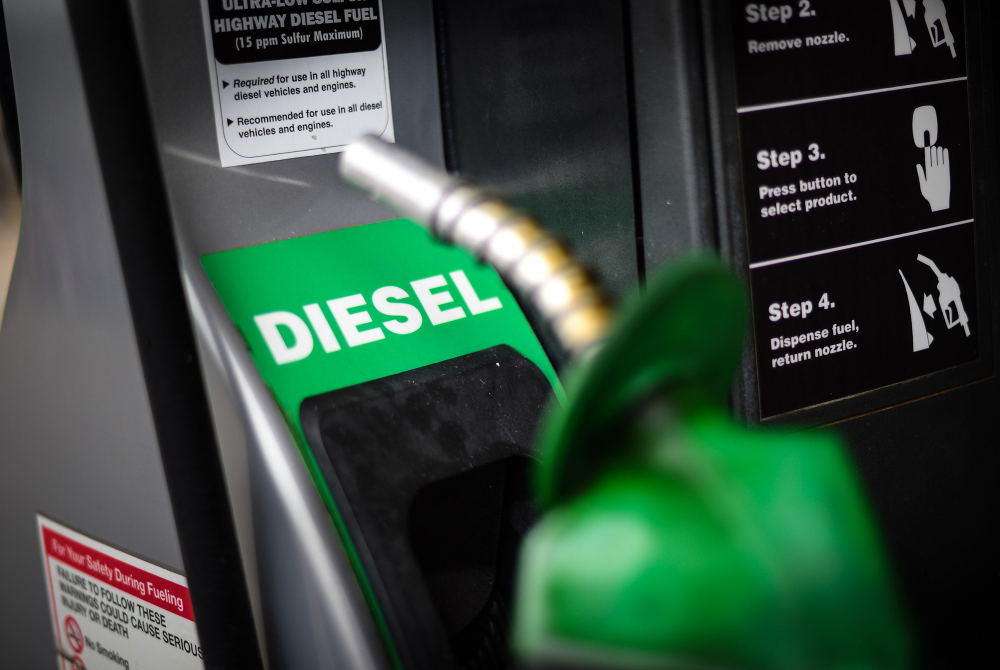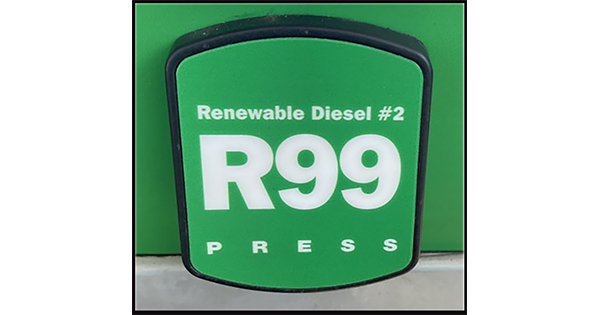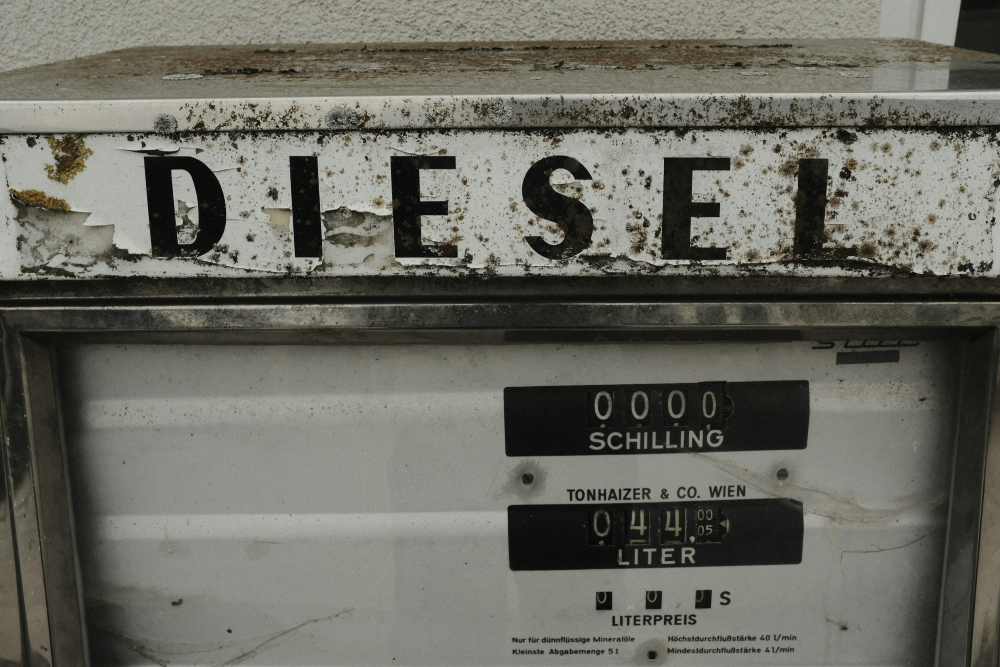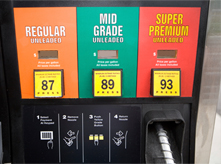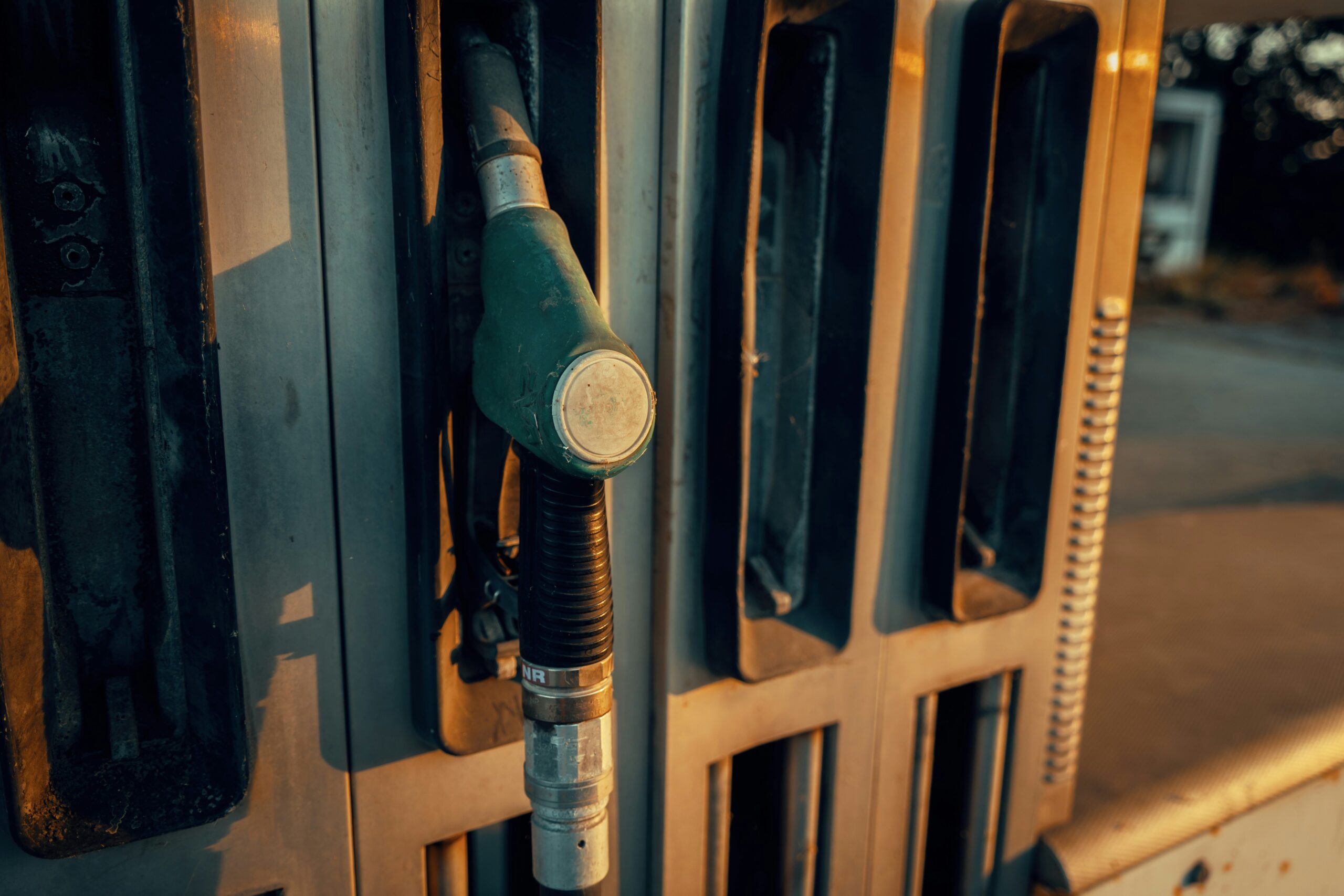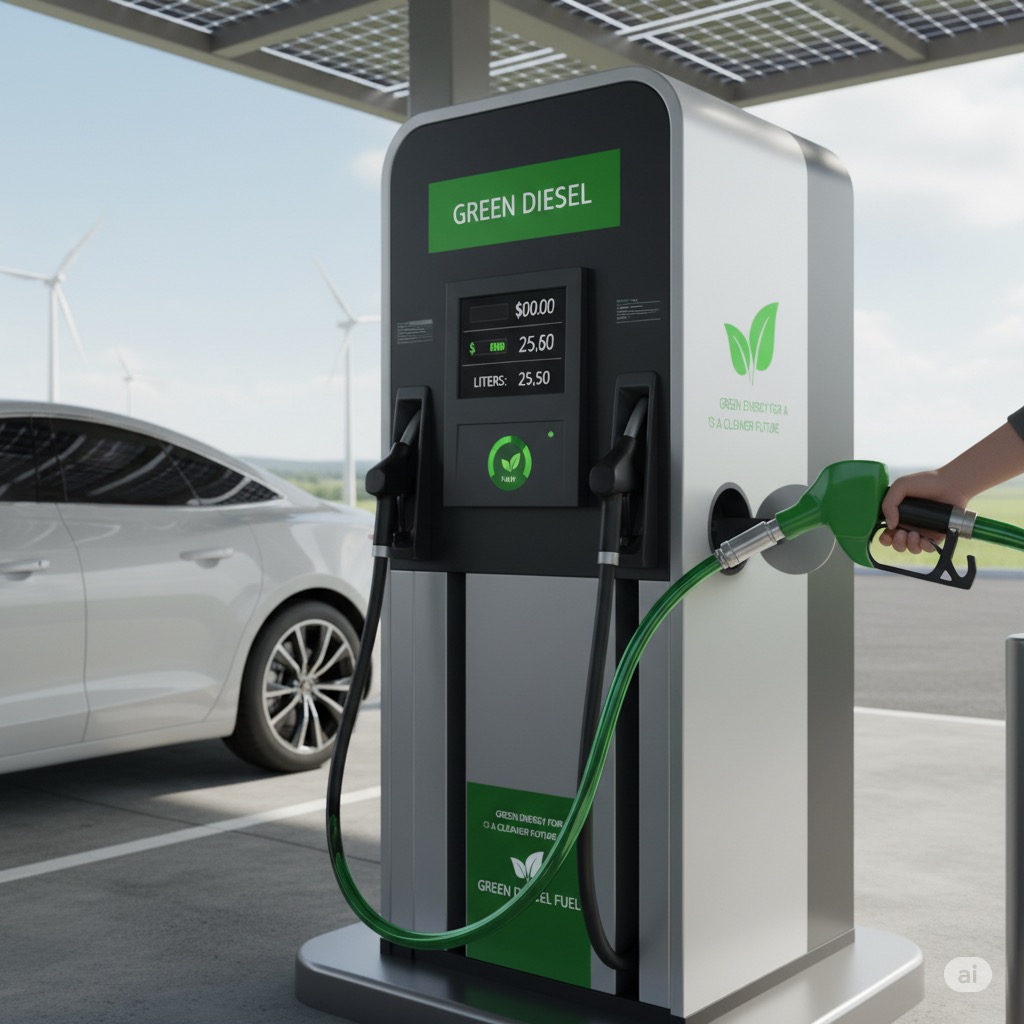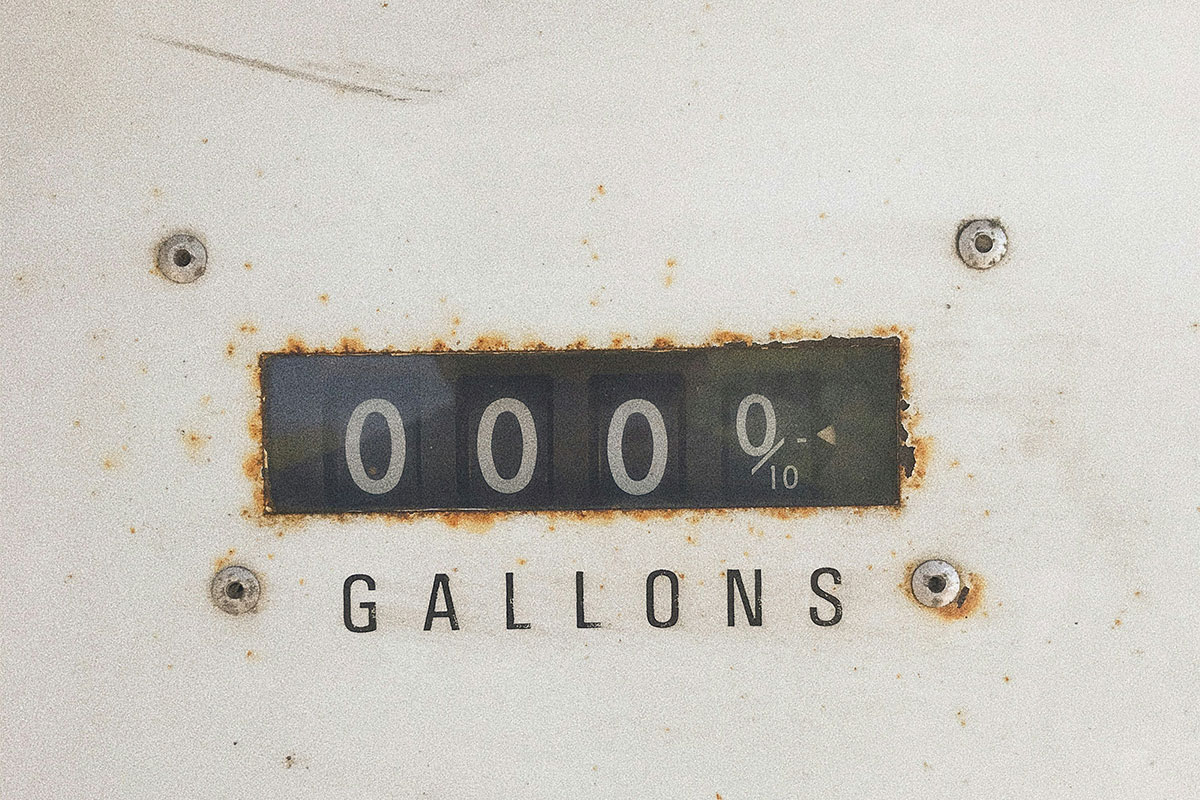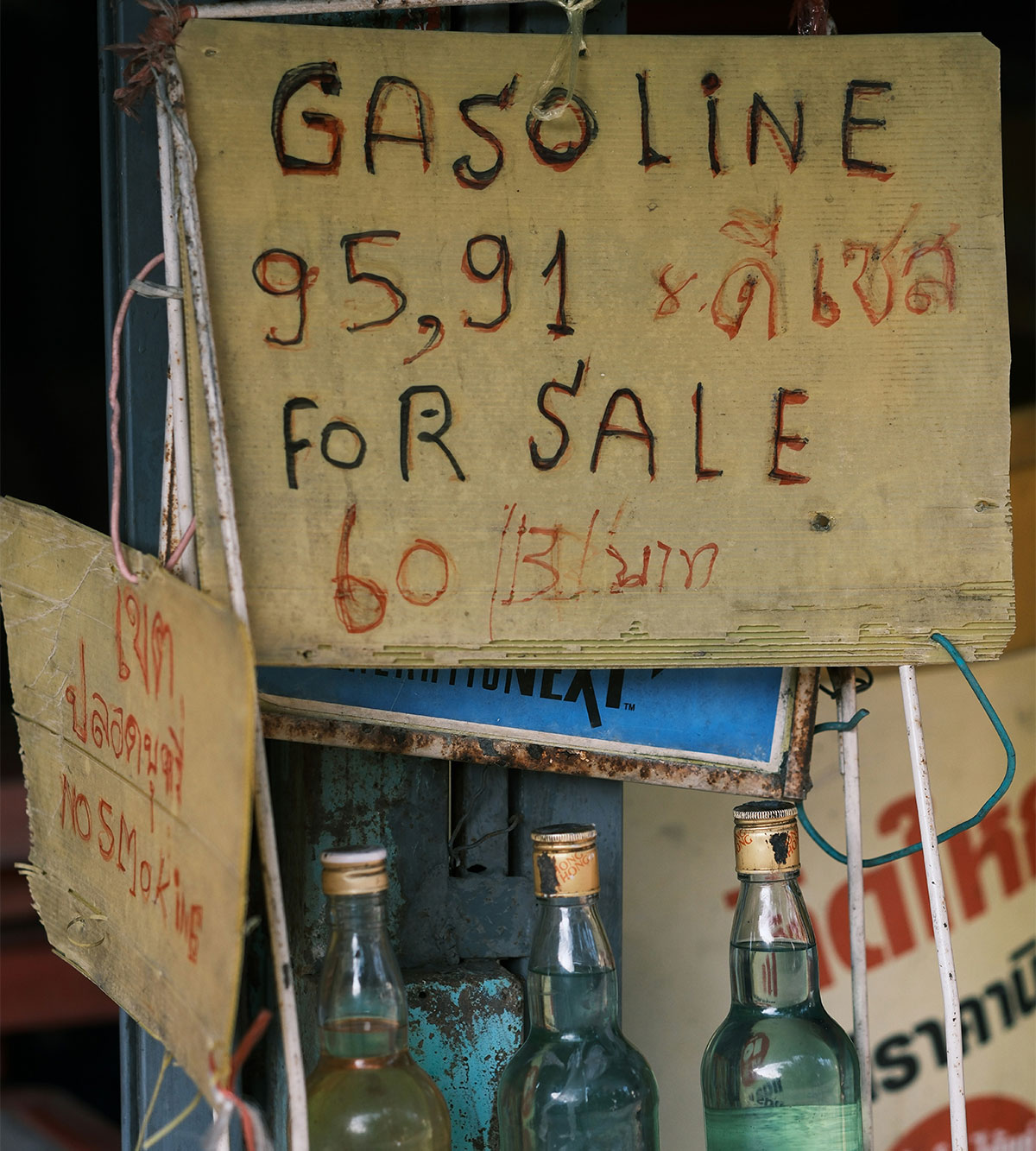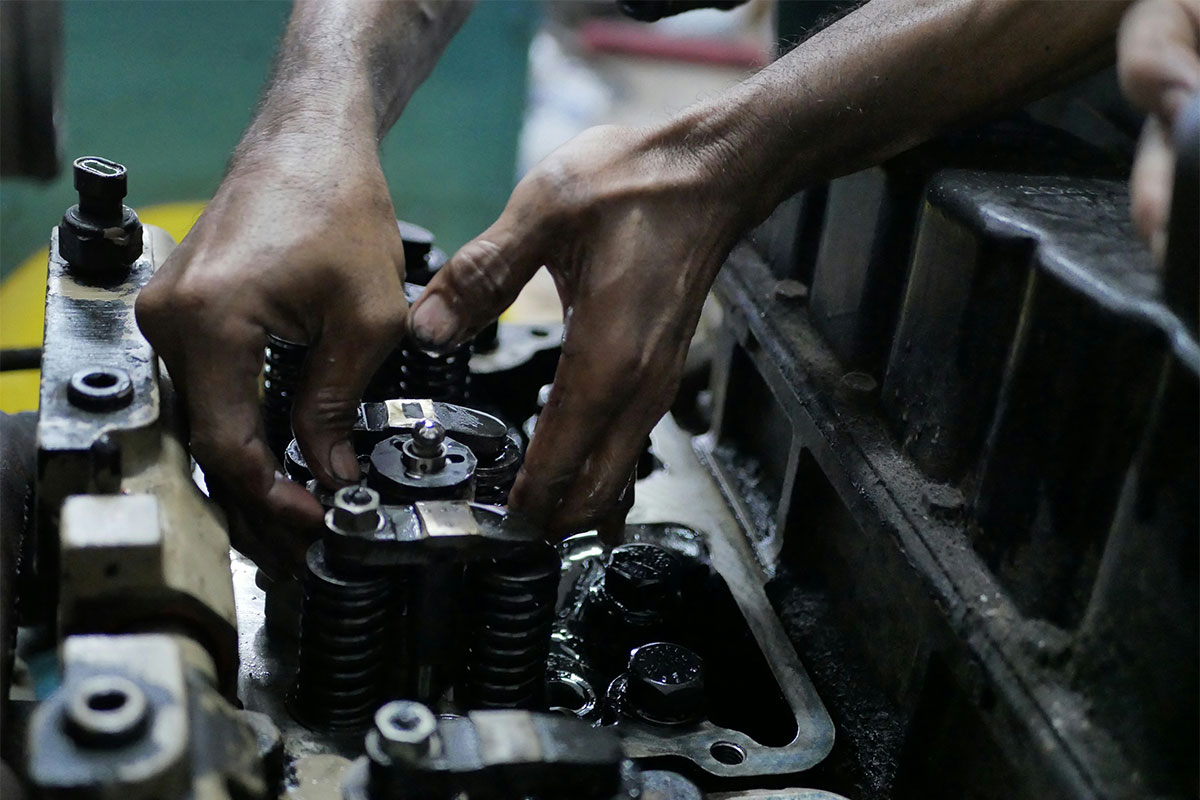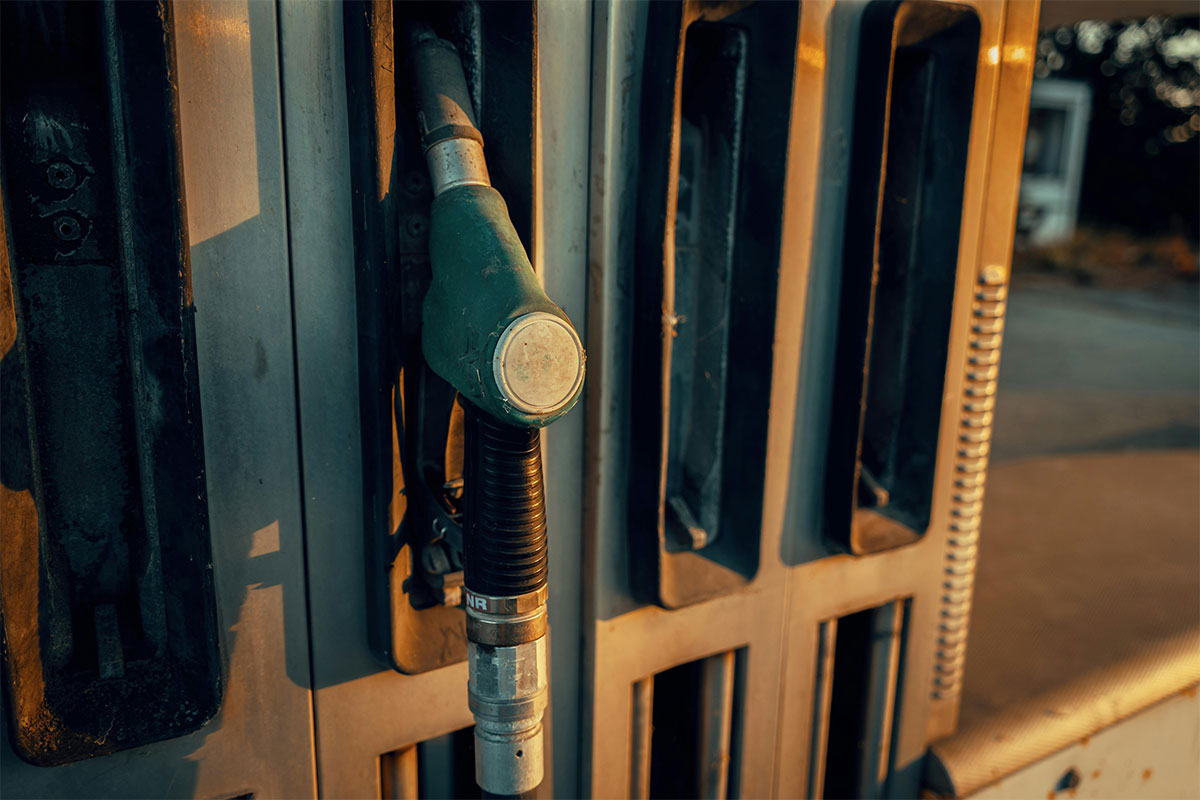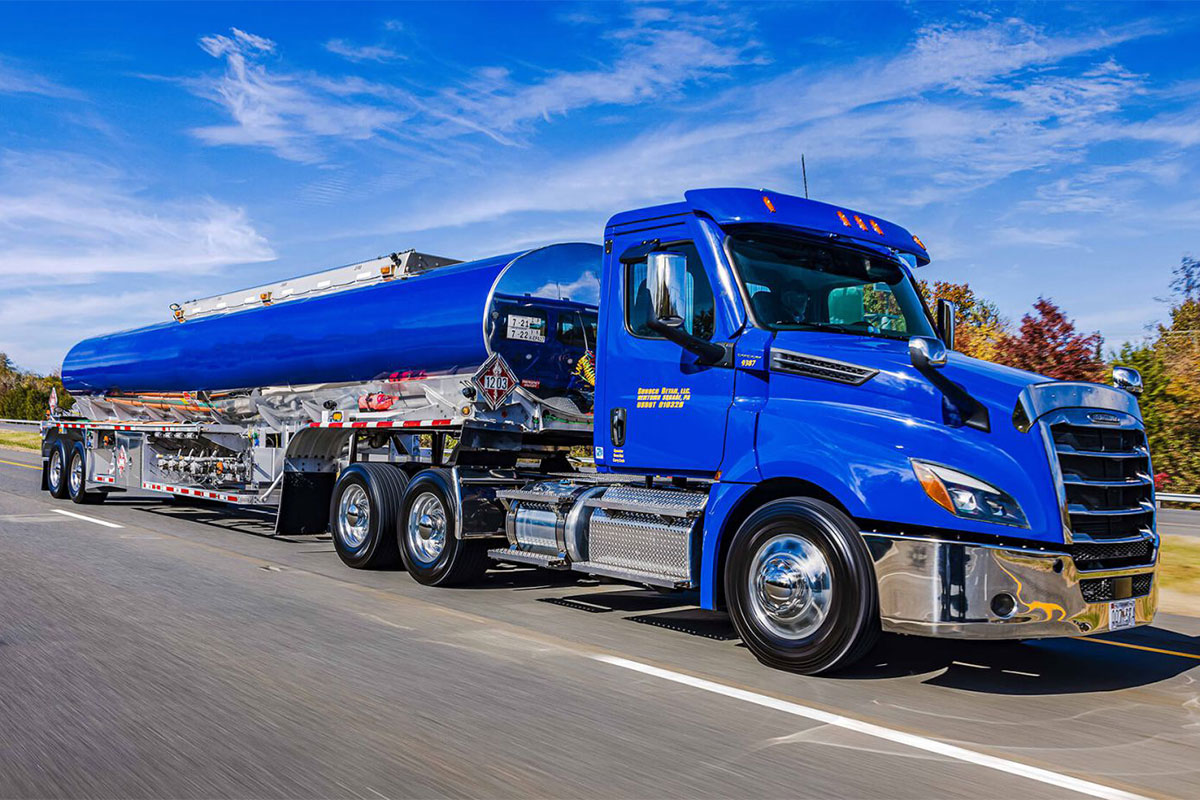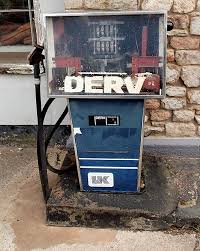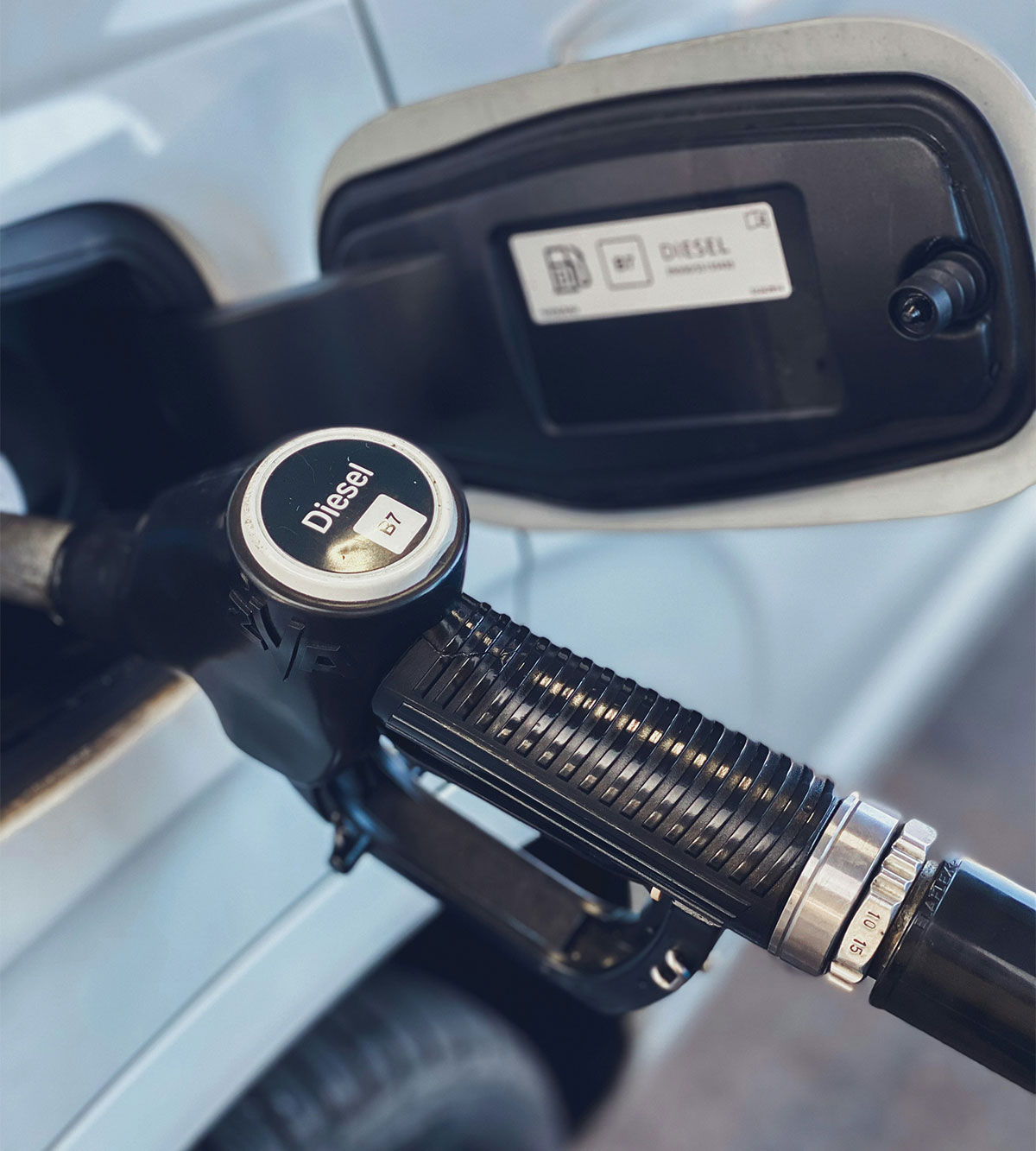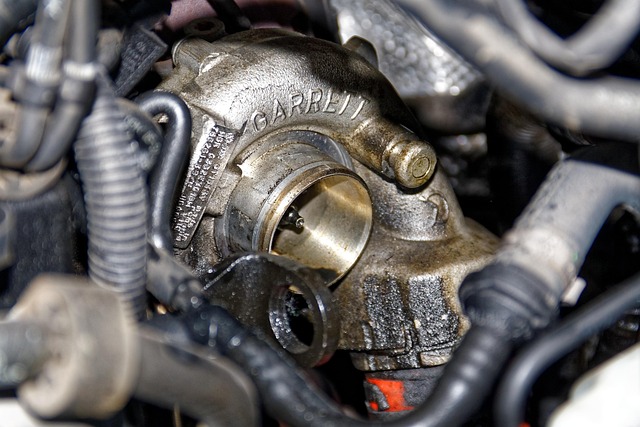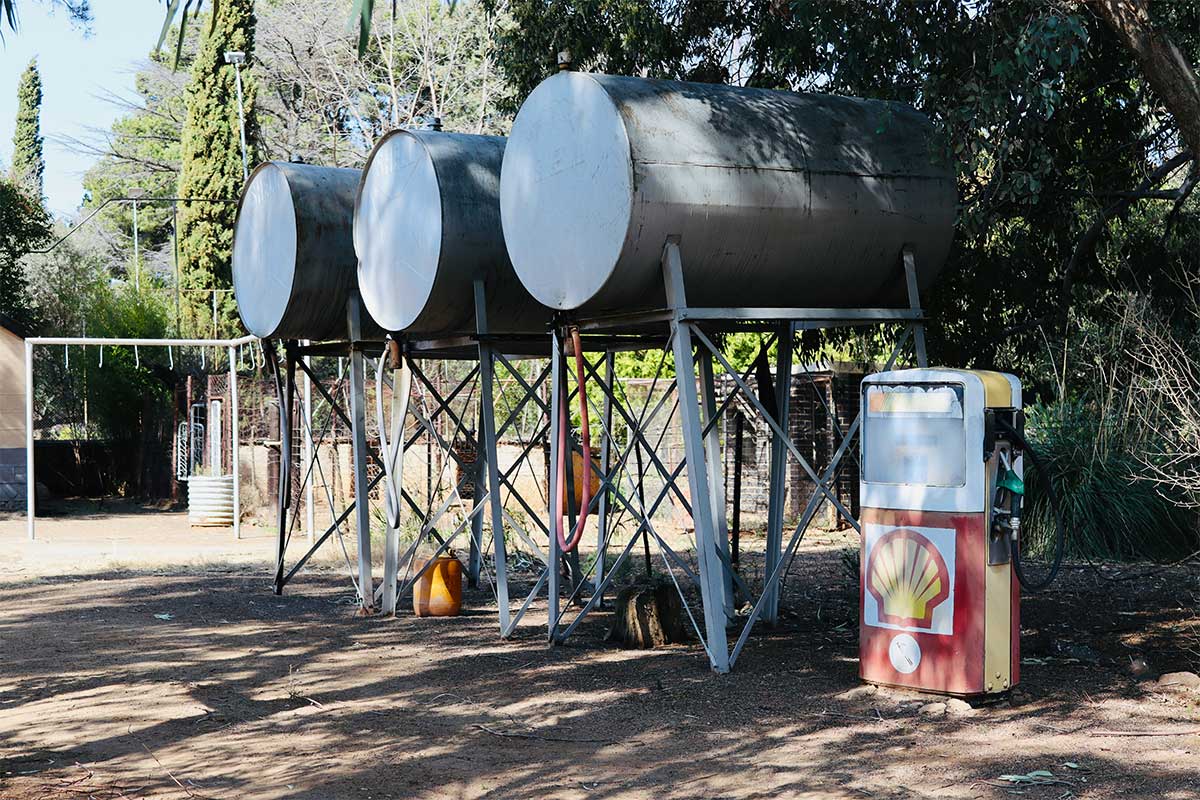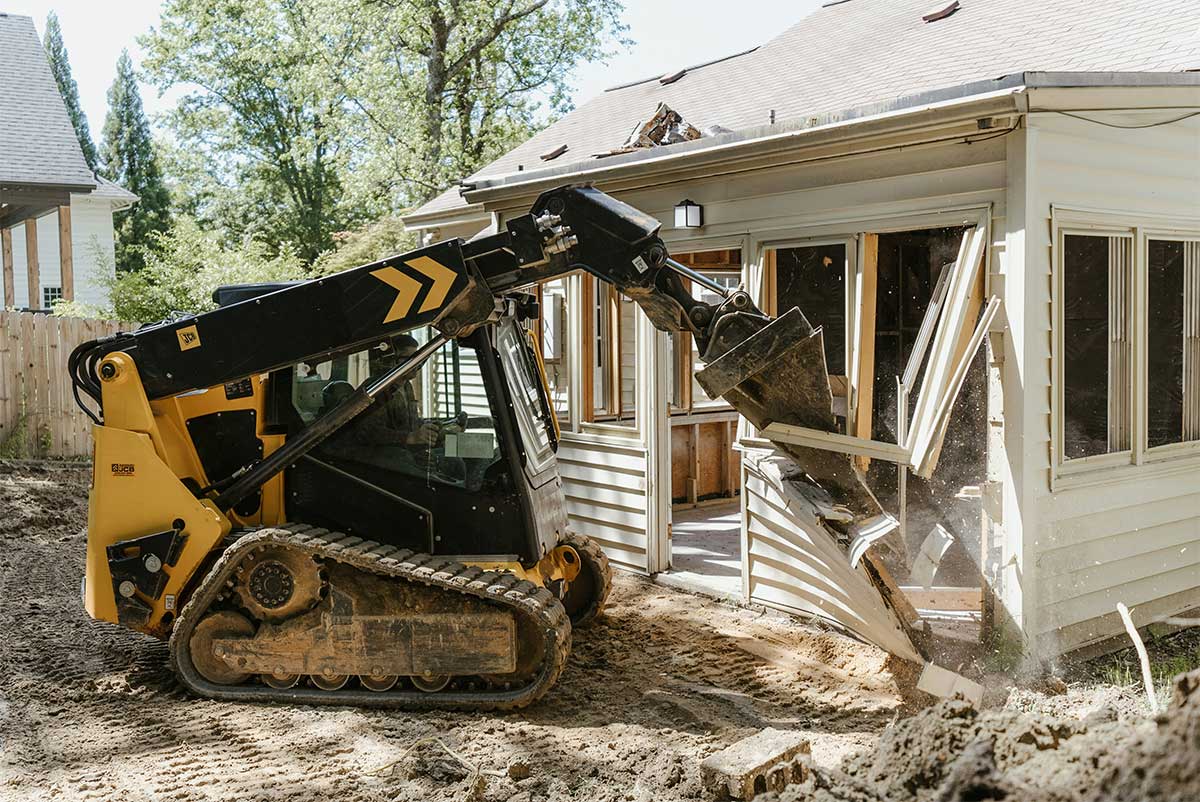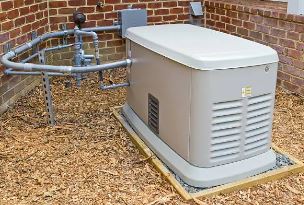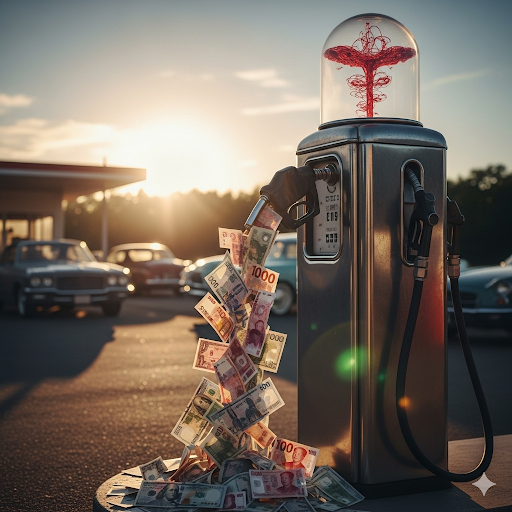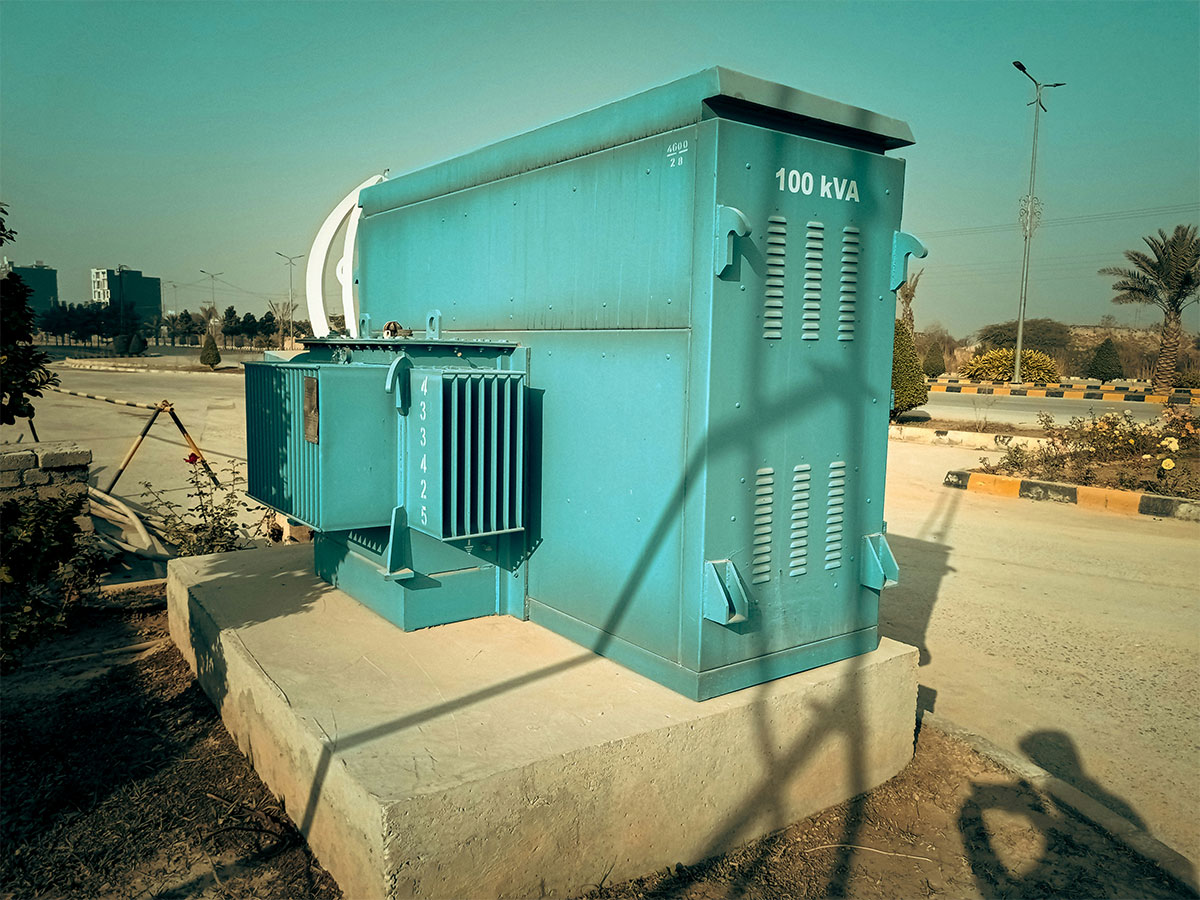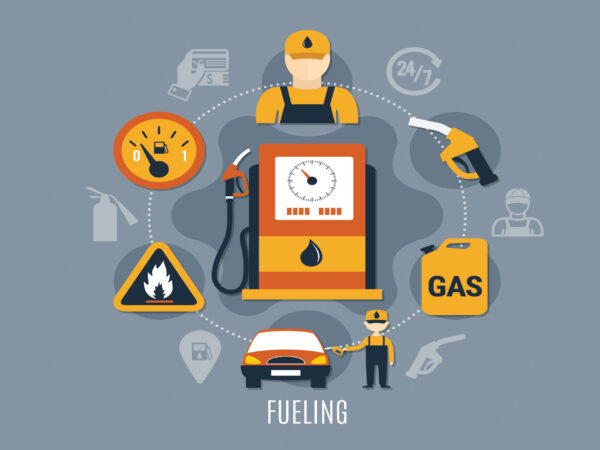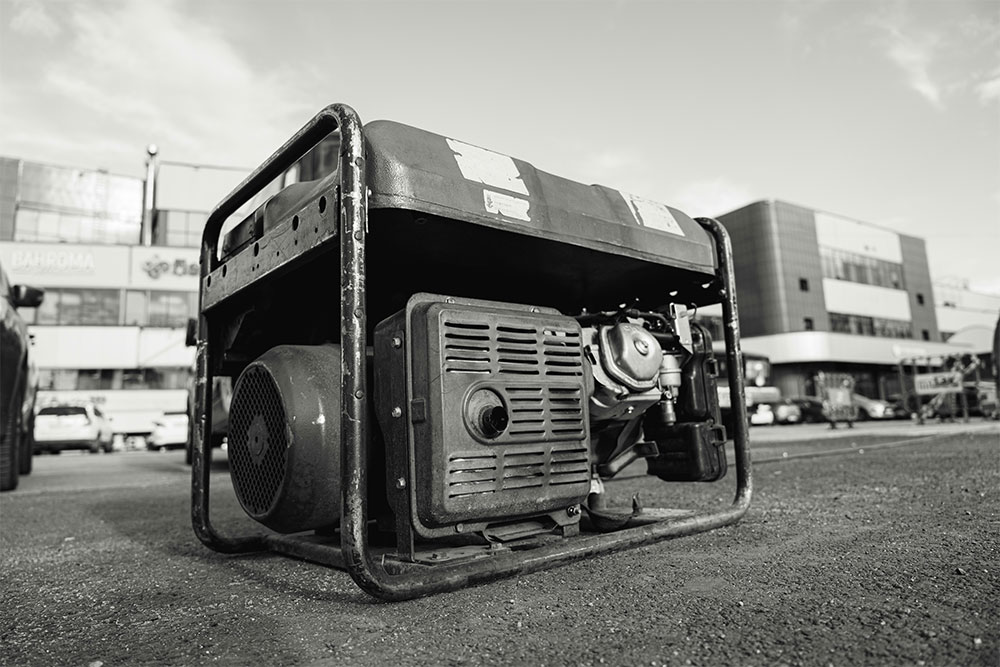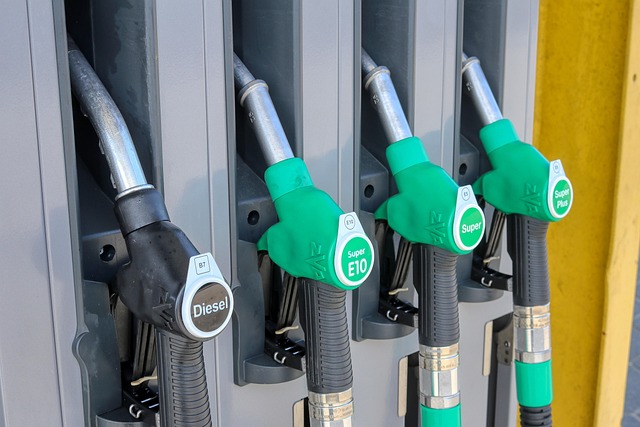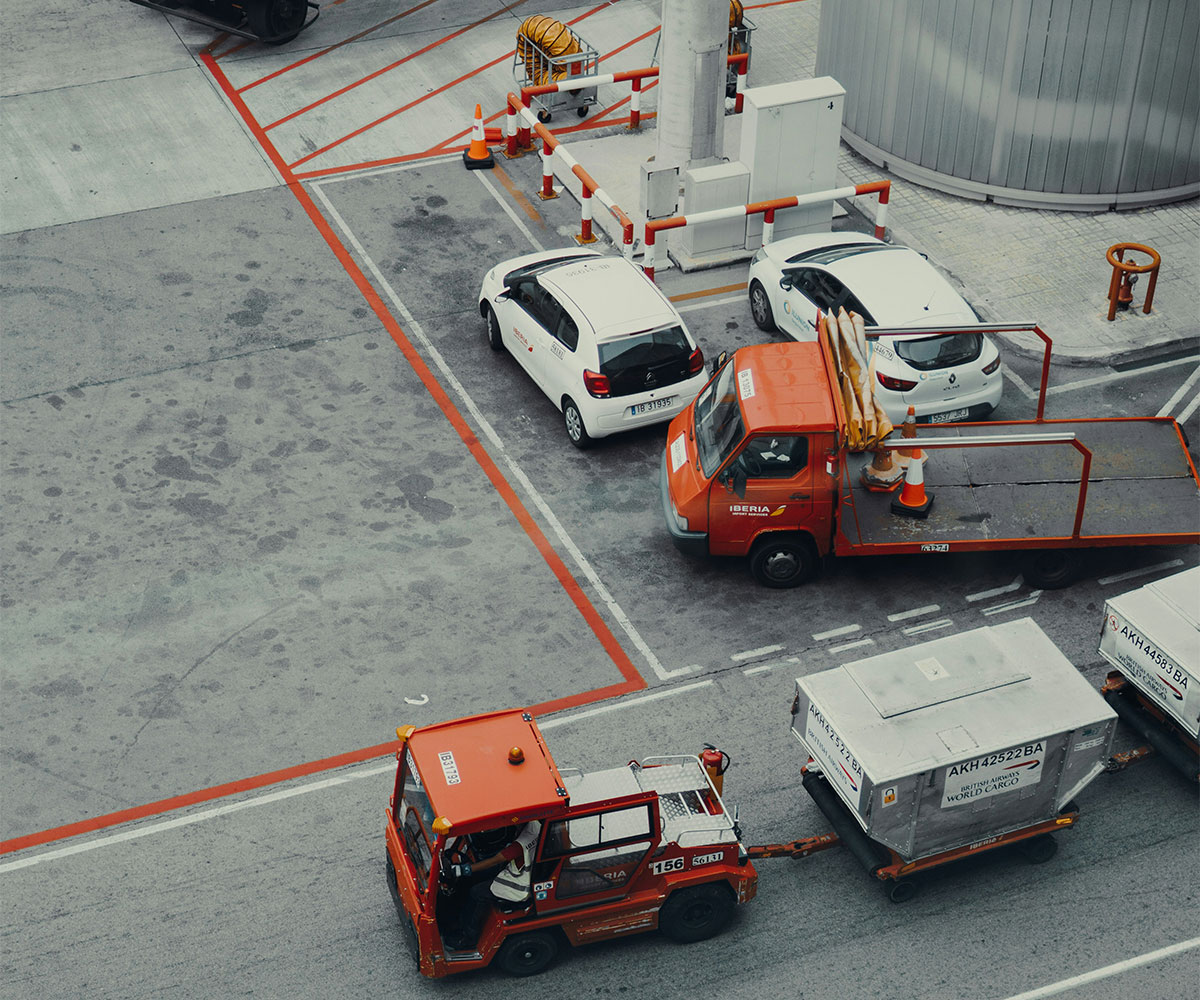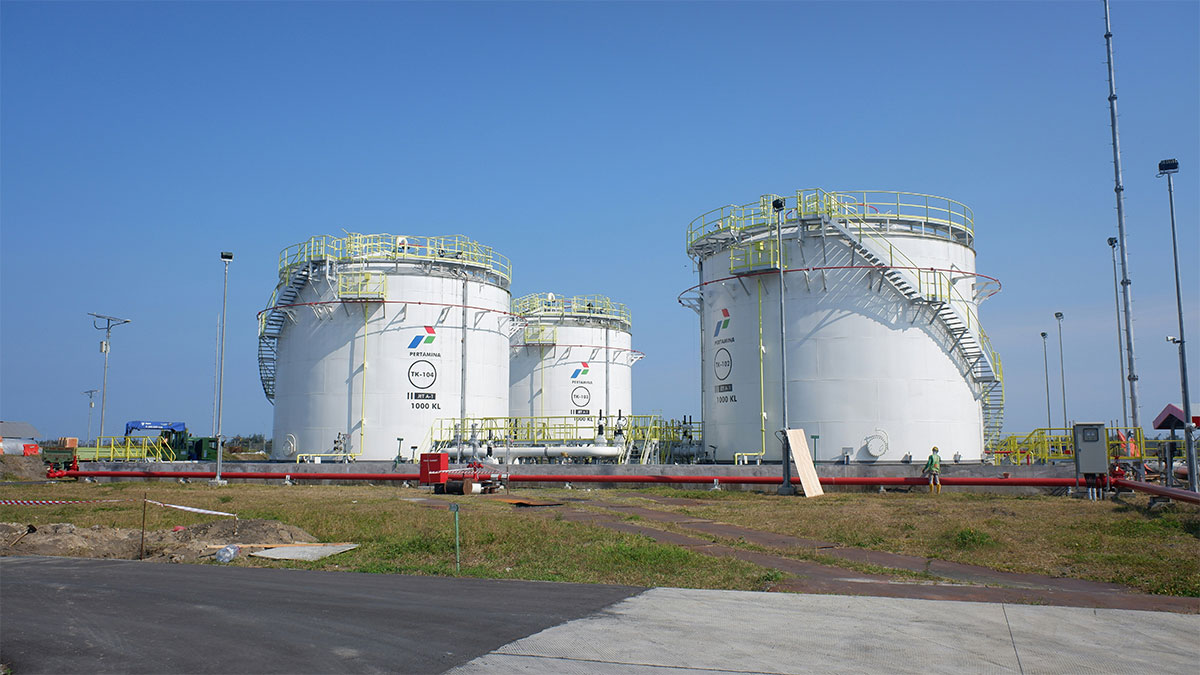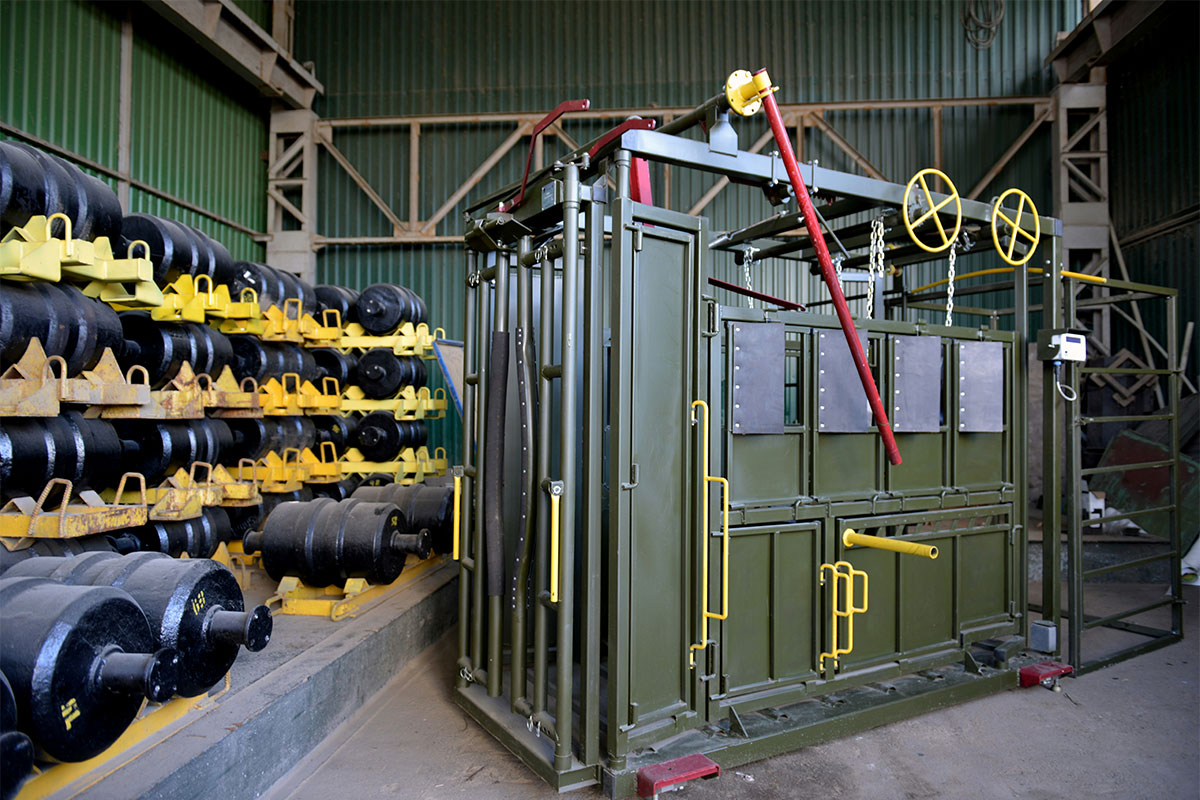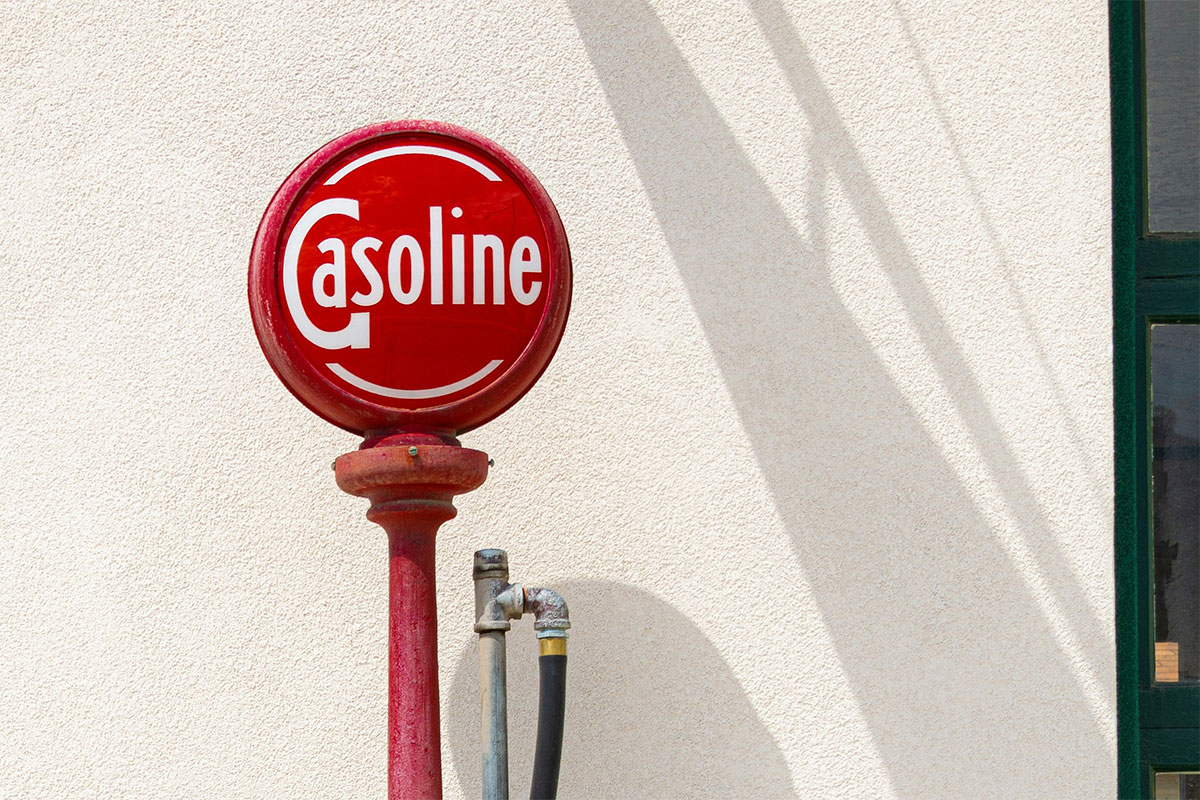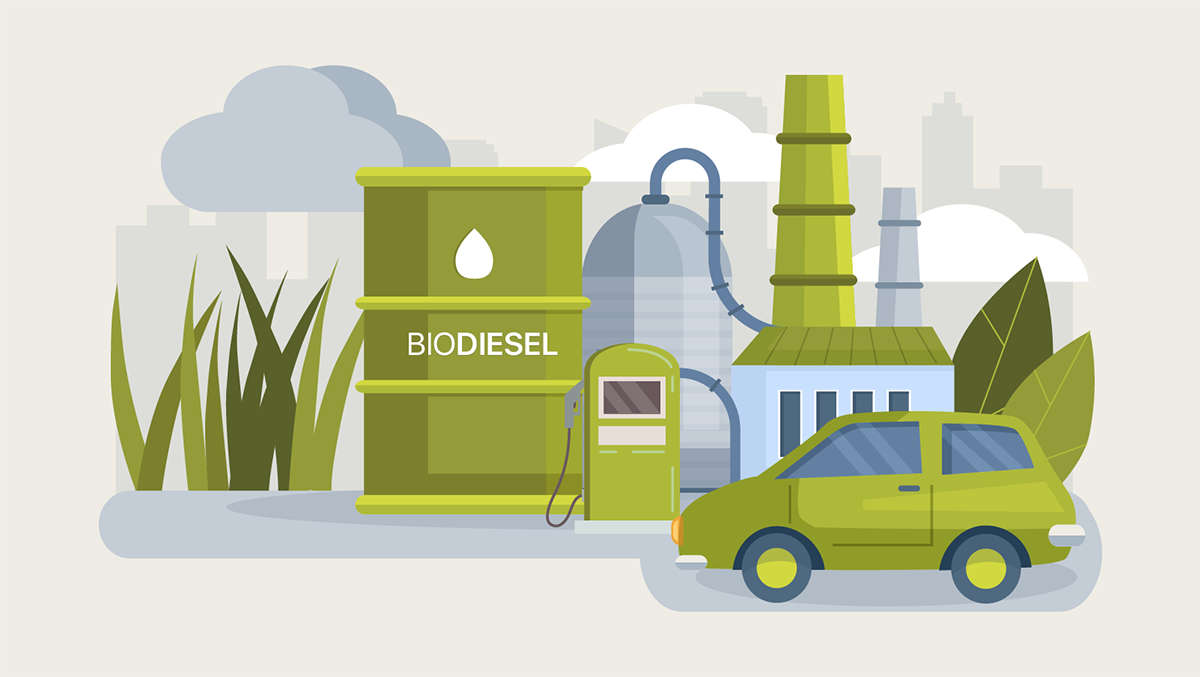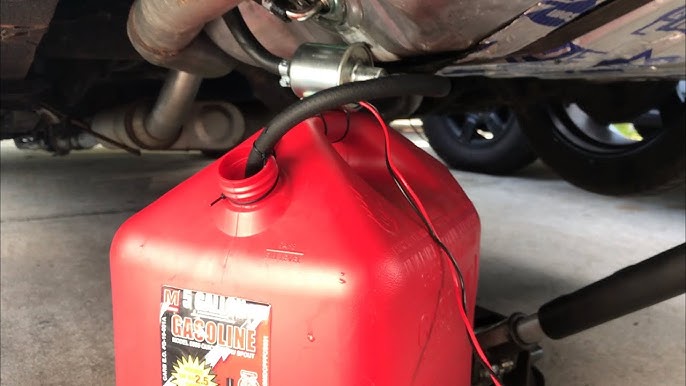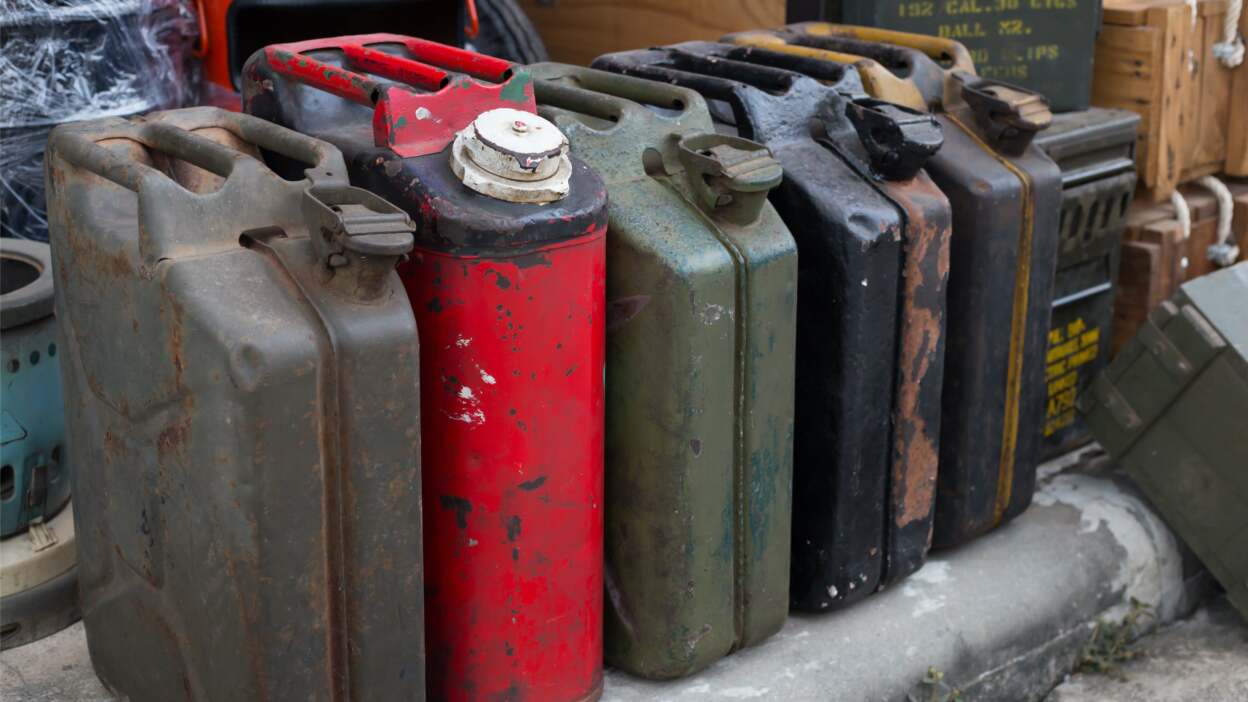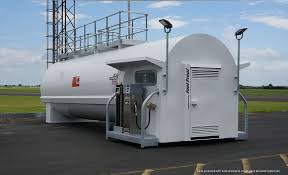Key Takeaways
- Understand solar vs gas generator differences in runtime noise emissions
- Use solar generator vs gas indoors safely with clean power
- Choose gas vs solar generator for long outages heavy loads
- Hybrid combine gas generator vs solar generator strengths for resilience
- Plan permits for solar panels vs gas generator compliant installation
Table of Contents
Solar Vs Gas Generator
When you’re trying to decide between a solar vs gas generator, it really comes down to whether you prefer stored battery energy charged by panels or the grid, or combustion power from gasoline. Solar generator vs gas setups typically include a battery, inverter, and a way to input solar power. If you’re focused on how you refuel and the noise level, then gas vs solar generator is a key consideration. For long runtime, a gas generator vs solar generator often shines. However, a solar generator vs gas generator wins on indoor safety and low emissions, making it a great choice for enclosed spaces.
To make your solar or gas generator choice simple, consider factors like power outputs, runtime, recharging and refueling options, maintenance, and the best use cases for each. This way, gas or solar generator buyers can match their needs with their budget and local regulations.
Solar Or Gas Generator?
When deciding between a solar-powered generator and a gas generator, consider factors like outage frequency, available sunlight, and cost. Solar generators are ideal for apartments and situations requiring quiet operation, while gas generators, particularly natural gas models, are better suited for scenarios involving utility reliability and access to pipelines. For brief outages and powering electronics, a solar power generator can be beneficial. However, for tailgating and camping, the choice between a solar or gas generator depends on the required runtime. Solar generators offer the advantage of reducing fumes and improving indoor safety compared to fuel (gas) generators
Another consideration is the trade-off between roof area needed for solar panels and the need for fuel cans with gas generators. For permanent standby power plans, a natural gas generator may be more appropriate than a solar system.
Solar Generator Vs Gas Generator
When deciding between a solar vs gas generator system, it’s important to understand how they charge and their mobility. For solar generator vs gas setups, you’ll need to size your panel wattage to meet your daily energy needs, and clear skies will definitely benefit a solar generator vs gas. A gas vs solar generator offers instant refueling with fuel cans. While a gas generator vs solar generator often weighs more, they typically come with wheels for easier transport. A solar generator vs gas generator usually includes batteries with handles, making them convenient for indoor use. When planning for solar panels, estimate your energy harvest based on the hours of sun your location receives. This helps solar or gas generator buyers choose the right size array. Finally, consider how the weight and storage requirements of a gas or solar generator will impact its transport.
Torn Between Solar And Gas Backup?
Compare runtime, surge capacity, and indoor safety to match your outage patterns. See when solar excels for quiet, clean indoor power and when a fuel unit is better for long storms.
Solar Generator Vs Natural Gas Generator
When choosing between a solar generator and a natural gas generator, it’s important to weigh their respective strengths. Solar power generators offer silent operation, using panels and batteries, and they help you avoid fuel storage rules. They also generally require less maintenance.
However, natural gas generators have their own advantages, especially in situations with long outages, as they rely on a fixed pipeline. They can also be excellent for automatically powering whole home loads when pipelines remain active. Ultimately, the choice between a solar generator vs gas generator often comes down to balancing utility pipeline reliability against sunlight variability, and planning must include transfer equipment for either option.
Solar Panels Vs Gas Generator?
When comparing solar and gas generators, several factors come into play. Solar power, delivered by a solar-powered generator, offers silent operation, which is ideal for sensitive electronics. It also boasts scalability, ranging from compact kits to extensive energy banks. However, a solar setup necessitates batteries for energy storage and an inverter for nighttime use, and its efficiency can be compromised during prolonged periods of poor weather.
On the other hand, gas generators offer a reliable power source in various conditions, excelling when the weather is consistently unfavorable for solar. Nonetheless, they require careful management of exhaust to ensure safety. Both solar and natural gas generator installations are subject to regulations, including those for transfer switches, and natural gas generators may also entail additional inspections.
What Are The Disadvantages Of A Solar Generator?
When choosing between a solar and a gas generator, it’s essential to understand their limitations. Solar generator batteries often struggle with the high starting currents of central HVAC systems and may not power large welders. While a gas generator can handle power surges if properly sized, it requires careful fuel planning. Solar generators, on the other hand, depend on sunlight for recharging.
Prospective buyers should always check the surge ratings for both types of generators. The decision should also factor in charging speed and the required array area for solar systems. For extended storms, consider pairing a modest fuel-powered unit to recharge your solar system.
Live In An Apartment And Need Quiet Power?
Solar battery generators are safe indoors and perfect for phones, routers, laptops, and CPAPs. Learn how to size panels, plan recharging, and avoid fumes during short outages.
Do Solar Generators Work On Cloudy Days?
When comparing solar-powered generators to gas generators, it’s important to consider their performance under varying conditions. Solar generators produce less energy on overcast days, and extended stormy periods can significantly alter their effectiveness compared to natural gas generators. To mitigate these issues, oversizing solar panels and pre-charging can improve solar generator performance.
For optimal planning, both solar and gas generator users should consider grid top-ups before anticipated storms. Solar generators offer efficient power consumption for essential devices like lights and phones. A key advantage of solar generators is improved indoor air safety due to the absence of exhaust, a common concern with gas generators.
Are Solar Or Gas Generators Better?
When comparing solar and gas generators, several factors come into play, including runtime, cost, and suitability for different living spaces and situations.
For solar generators, the advantages are:
- Quiet operation, making them suitable for indoor use.
- Ideal for short power outages.
- Eliminate fuel hassles and emissions, enhancing safety indoors.
The considerations:
- May not support large surge loads as effectively as gas generators.
- Runtime can be limited for multi-day events without sufficient solar input or battery storage.
For gas generator the advantages are:
- Generally last longer for multi-day events due to readily available fuel especially if stored.
- Better at supporting large surge loads.
But the disadvantages are:
- They are noisy and produce emissions, making them unsuitable for indoor use.
- Require fuel storage and present fuel-related hassles.
The best choice depends on your specific needs, particularly your outage patterns and access to fuel. For short, clean power needs, a solar generator is often preferred. For longer storms or situations requiring significant surge capacity, a compact fuel unit (gas generator) can complement a solar setup.
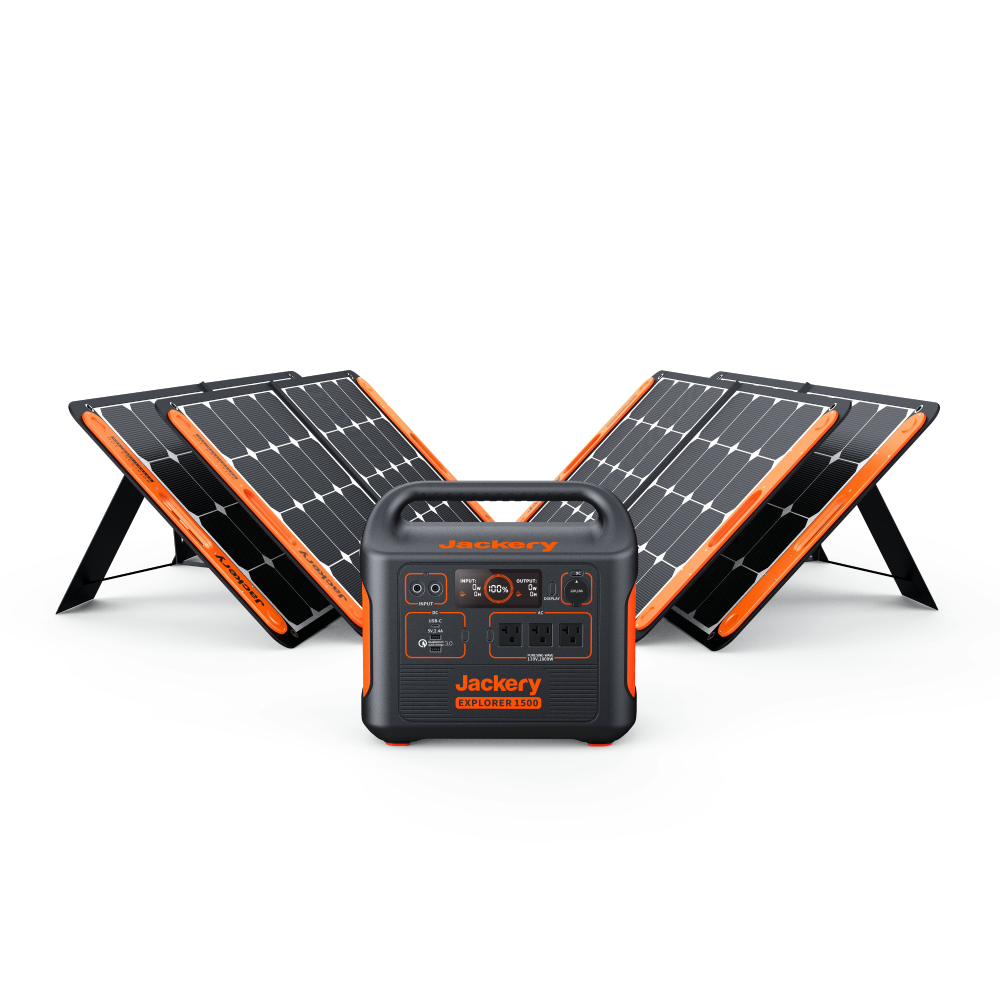
Which Type Of Backup Power Option Is Best, Solar Or Gas?
A hybrid strategy combining a solar powered generator and a gas generator can significantly reduce risks. These two systems work well together when the fuel unit recharges the batteries of the solar system. Planning for a solar vs natural gas generator setup ensures an automatic transfer for essential power needs. When considering solar power vs gas generator budgets, it’s possible to phase the growth of solar panels and batteries over time. Mixing a solar generator or gas generator reduces the amount of fuel storage needed. Additionally, a solar generator vs fuel generator significantly lowers noise hours. A solar generator versus gas generator setup also improves safety indoors, as the fuel unit can run outside for short periods when needed.
Gas Generators Vs Solar Panels, Which Is Best For Emergency Home Backup Power?
When facing an emergency, the speed and risk associated with power generation are crucial. If you’re comparing a solar generator versus a gas generator, gas units offer instant power as long as their tanks are full. Solar generators, on the other hand, require some planning to ensure they are pre-charged.
A gas generator can power essential appliances like refrigerators and pumps for extended periods, provided you have enough fuel. However, for safety reasons, a gas generator must always be operated outdoors. In contrast, a solar generator is a safer choice for indoor use, such as in bedrooms or offices.
Ultimately, your decision between a solar or gas generator should take into account factors like potential fuel scarcity and the reliability of sunlight.
Want Resilience For Multi-Day Outages?
Use a hybrid strategy. Run a compact fuel generator outside to recharge your solar batteries, stretch fuel, and keep noise and emissions low while covering big surge loads.
Is A Portable Solar Generator A Good Alternative To Gas Generators?
When considering a solar powered generator versus a gas generator, solar options are great for powering lighter loads like phones, routers, CPAP machines, and laptops. However, a solar vs natural gas generator won’t be able to power your entire home without a large battery setup. Solar power vs gas generator systems really shine in apartment settings. If you’re deciding between a solar generator or gas generator for camping, the choice often comes down to how much you value silence. A solar generator vs fuel generator also has the advantage of avoiding fumes, and a solar generator versus gas generator generally requires less maintenance. Finally, a key difference between solar panels vs gas generator is the trade-off between nightly reserves (with solar) and the ability to refuel quickly (with gas).
Gas Vs Solar Generators Power Source And Output Comparison?
The table below compares power source and output between gas and solar generators.
| Aspect | Solar battery source | Fuel engine source |
|---|---|---|
| Origin | Solar vs gas generator stores sunlight in batteries | Solar generator vs gas burns fuel for power |
| Output | Gas vs solar generator favors higher surge loads on engines | Gas generator vs solar generator is strong on continuous watts |
| Runtime | Solar generator vs gas generator depends on battery size and sun | Solar or gas generator adds hours with refuel |
| Efficiency | Gas or solar generator loses energy at each conversion | Solar powered generator vs gas wastes heat in engines |
Factors To Watch For In Gas Vs Solar Generators
Consider the following factors when considering gas vs solar generators
- Warranty and service response for solar vs gas generator brands
- Build quality and weatherproofing in solar generator vs gas designs
- Fuel storage safety for gas vs solar generator homes
- Transfer switch compliance for gas generator vs solar generator installs
- Battery chemistry and cycles for solar generator vs gas generator life
- Noise levels for solar or gas generator neighbors
- Total cost of ownership for gas or solar generator planning
Which Option Is Right For You Between Portable Solar And Gas Generator
The following options match the following user personas:
- Students in small flats choose solar powered generator vs gas for quiet study power
- Contractors pick solar vs natural gas generator or portable fuel for tools
- Emergency kits favor solar power vs gas generator for lights and phones
- Campers weigh solar generator or gas generator by park rules and noise
- Urban users like solar generator vs fuel generator for indoor safety
- Rural users blend solar generator versus gas generator for long storms
- Roof owners compare solar panels vs gas generator by space and budget
Can A Solar Generator Replace A Gas Generator?
For everyday reliability, use solar generators, supplemented by a compact fuel unit for surge power and recharging.
- Solar generators are ideal for short power outages and can be safely used indoors. They effectively power electronics and refrigerators when properly sized.
- Gas generators are better suited for long storms and can reliably run wells and pumps. However, neither solar nor gas generators can always start central HVAC systems.
- Blending solar and gas generators improves overall power reliability.
- Using both types of generators together is the most effective approach for managing multi-day events.
Is It Worth Getting A Solar Generator?
When deciding between a solar powered generator and a gas generator, there are several key factors to consider, including cost, fuel savings, and safety. A solar generator often saves fuel money and reduces fumes, making it an environmentally friendly and cost-effective option in the long run.
The value of a solar generator versus a natural gas generator becomes especially clear when the reliability of gas pipelines is uncertain. Solar power vs gas generator also offers the benefit of being quiet and neighbor friendly, unlike the often noisy operation of gas generators.
The choice between a solar generator or gas generator can depend on the expected length of power outages. For shorter, less frequent outages, either might suffice, but for prolonged situations, the continuous replenishment of solar power can be a significant advantage. Furthermore, a solar generator vs fuel generator generally lowers maintenance requirements.
One of the most compelling advantages is indoor safety; a solar generator versus a gas generator brings enhanced safety when used indoors, as it produces no harmful emissions. However, the performance of solar panels vs a gas generator will naturally improve with good sunlight, a factor to weigh based on your location and typical weather conditions.



